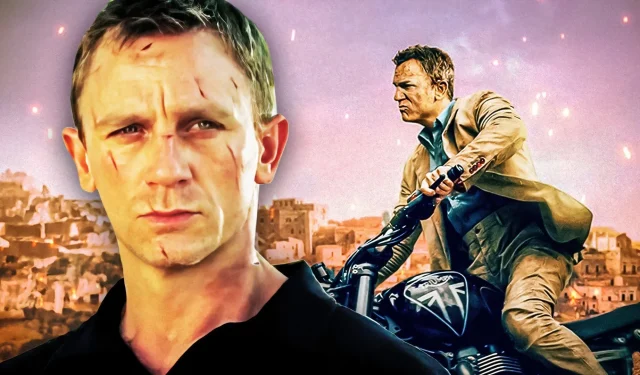
Daniel Craig’s interpretation of James Bond has transformed the legendary spy franchise, imbuing the character with greater emotional depth and complexity. Since the release of Casino Royale in 2006, the series has witnessed significant evolution, largely attributable to Craig’s unique portrayal of Bond. Unlike his predecessors, Craig’s 007 grapples with internal conflicts and often makes decisions deemed impulsive and emotionally driven. This emotional resonance, however, occasionally leads to detrimental outcomes that challenge his moral compass.
While Craig’s version of Bond brings a refreshing trailblazing spirit, it often results in questionable choices that expose the character’s inherent flaws. His high-risk decisions, while rendering him more relatable, sometimes appear reckless and poorly calculated. The finale of No Time to Die serves as a dramatic example of this complexity, leaving audiences divided over Bond’s last significant act. Ultimately, it is this intricate characterization that renders Craig’s Bond not only intriguing but also deeply flawed.
10 Letting Blofeld Live
Spectre (2015)
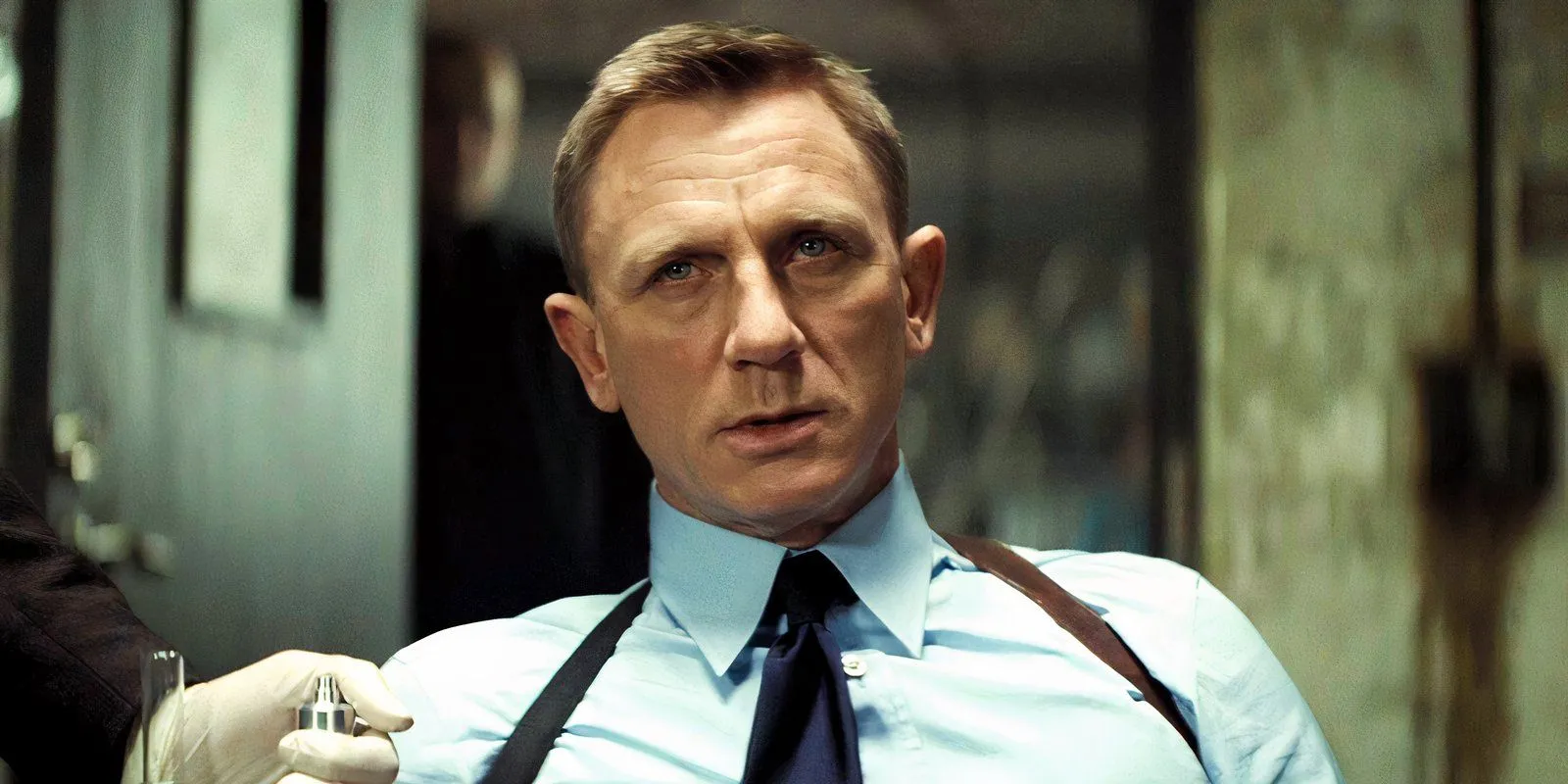
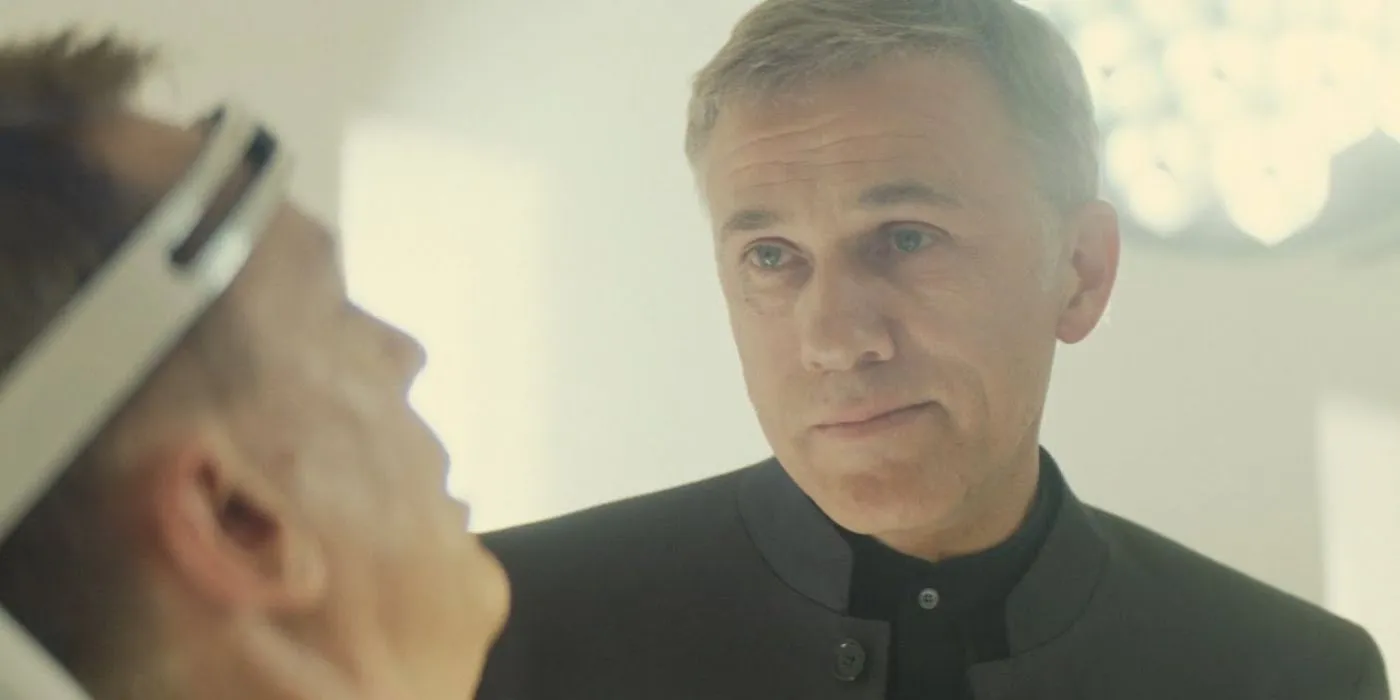
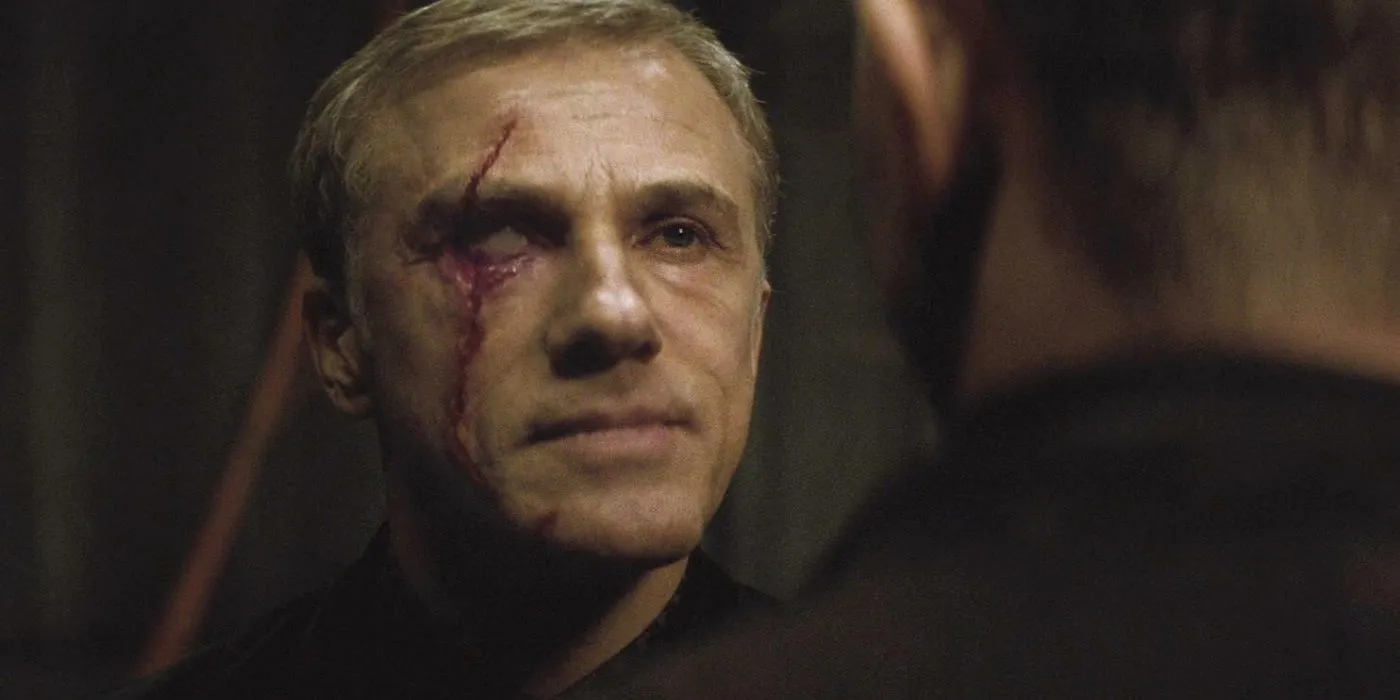
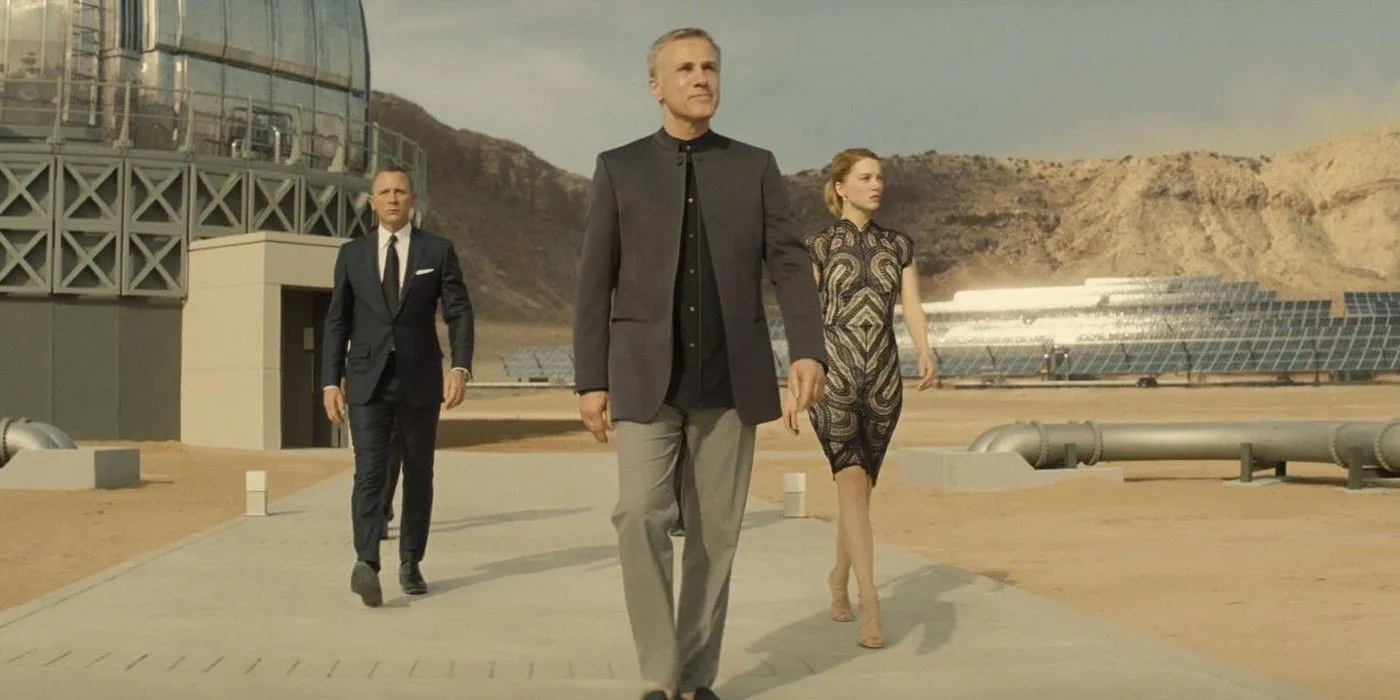

One of the most debated decisions in the Bond universe took place in Spectre, where Bond spares the life of his arch-nemesis, Ernst Stavro Blofeld, portrayed by Christoph Waltz. This choice raises eyebrows, particularly given the personal animosity that defines their relationship.
Bond’s act of mercy seems contradictory, especially after an earlier attempt on Blofeld’s life using explosives. As the mastermind behind SPECTRE, Blofeld represents a persistent threat, and allowing him to live almost guarantees he will reassemble his forces and wreak havoc once more. This decision, although seemingly an attempt to rise above his adversaries, reflects an inconsistency in Bond’s judgment.
9 Trusting Mr. White
Quantum of Solace (2008)
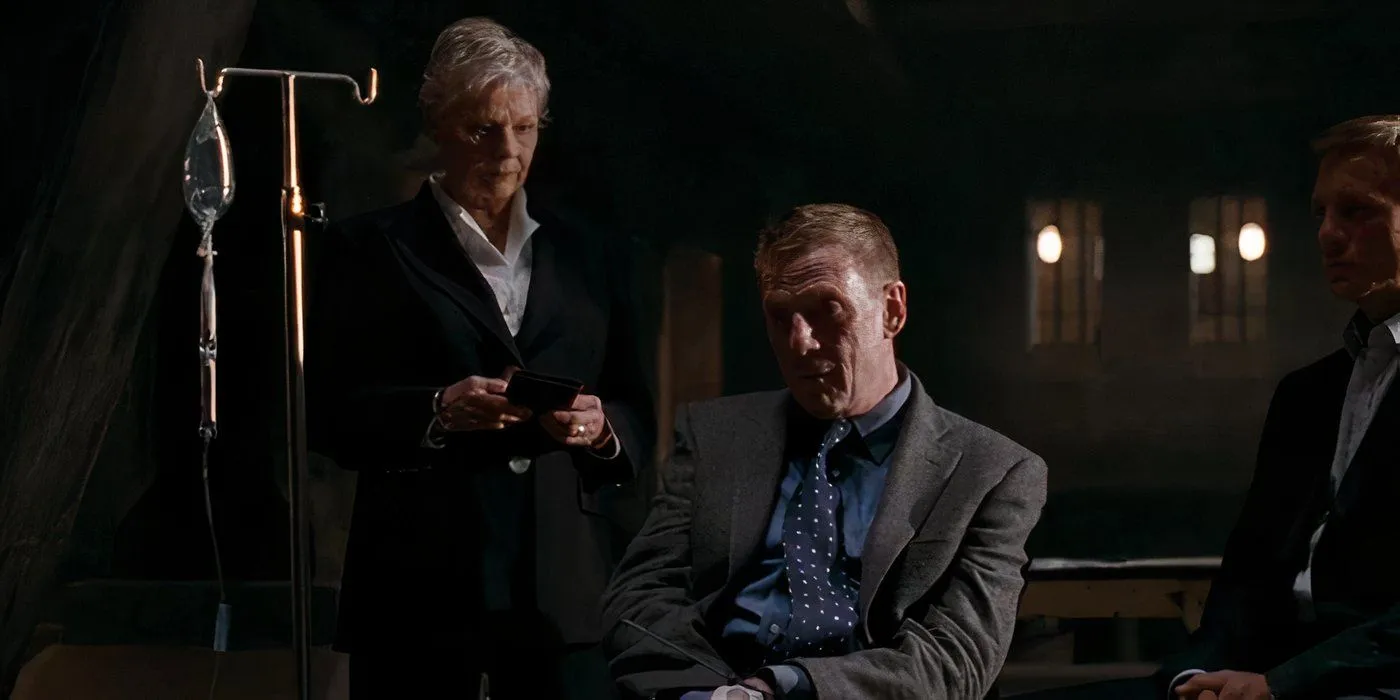
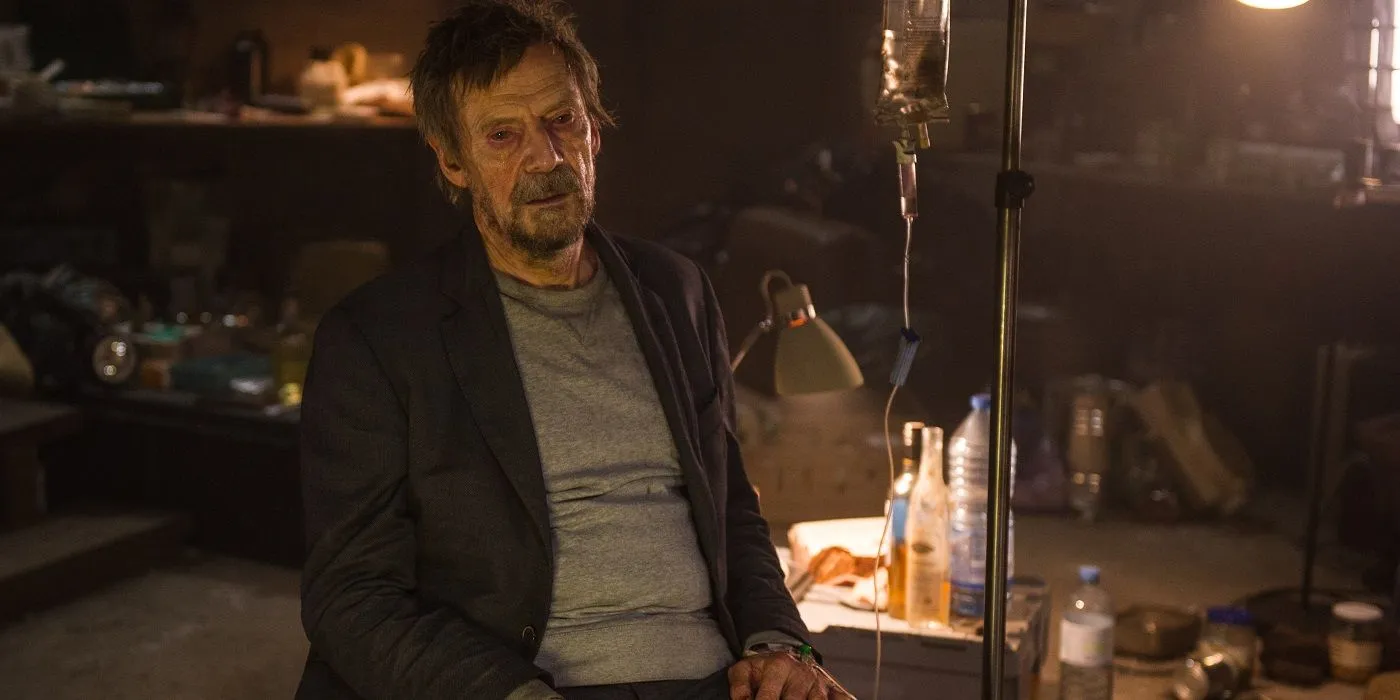
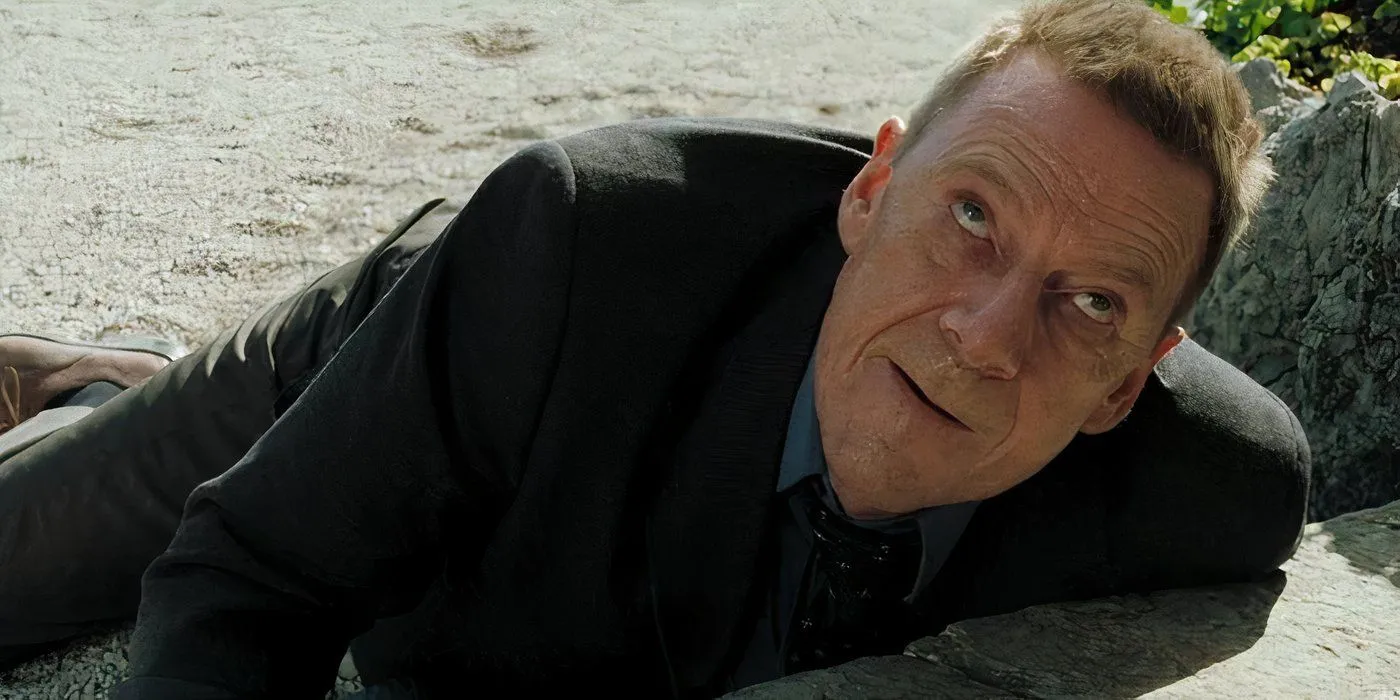
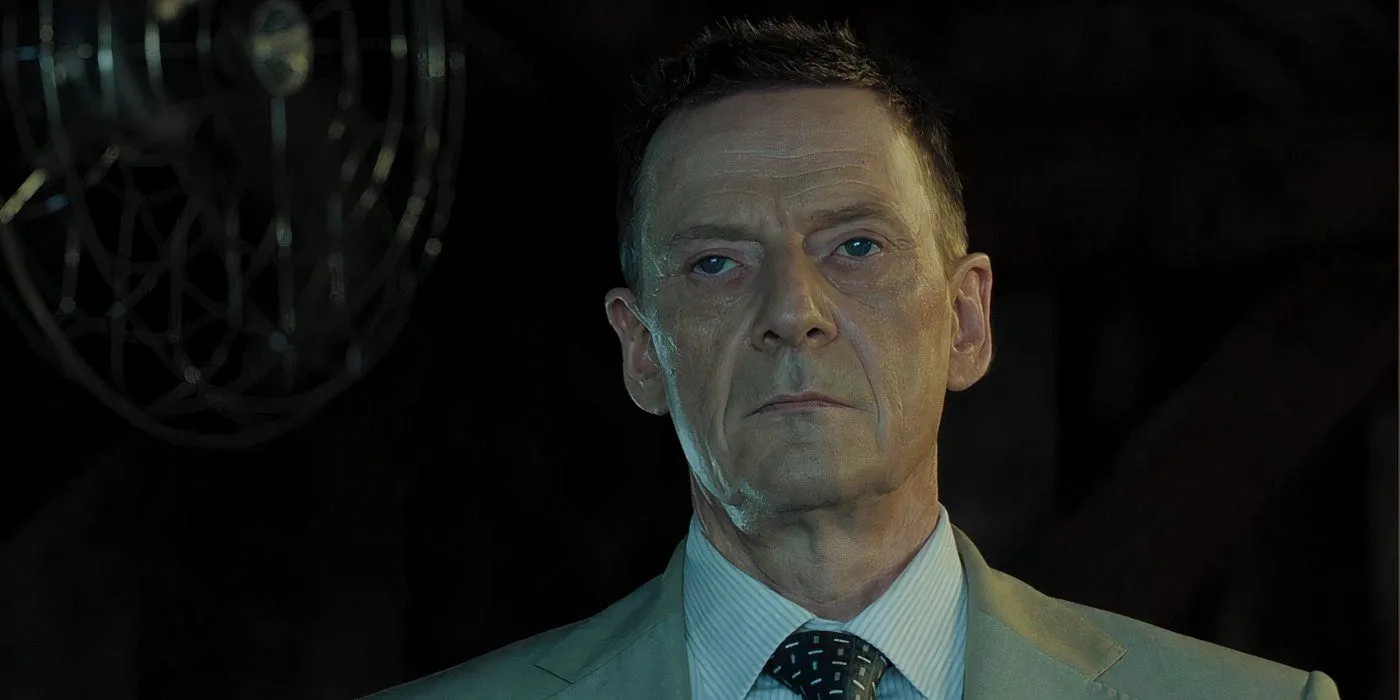
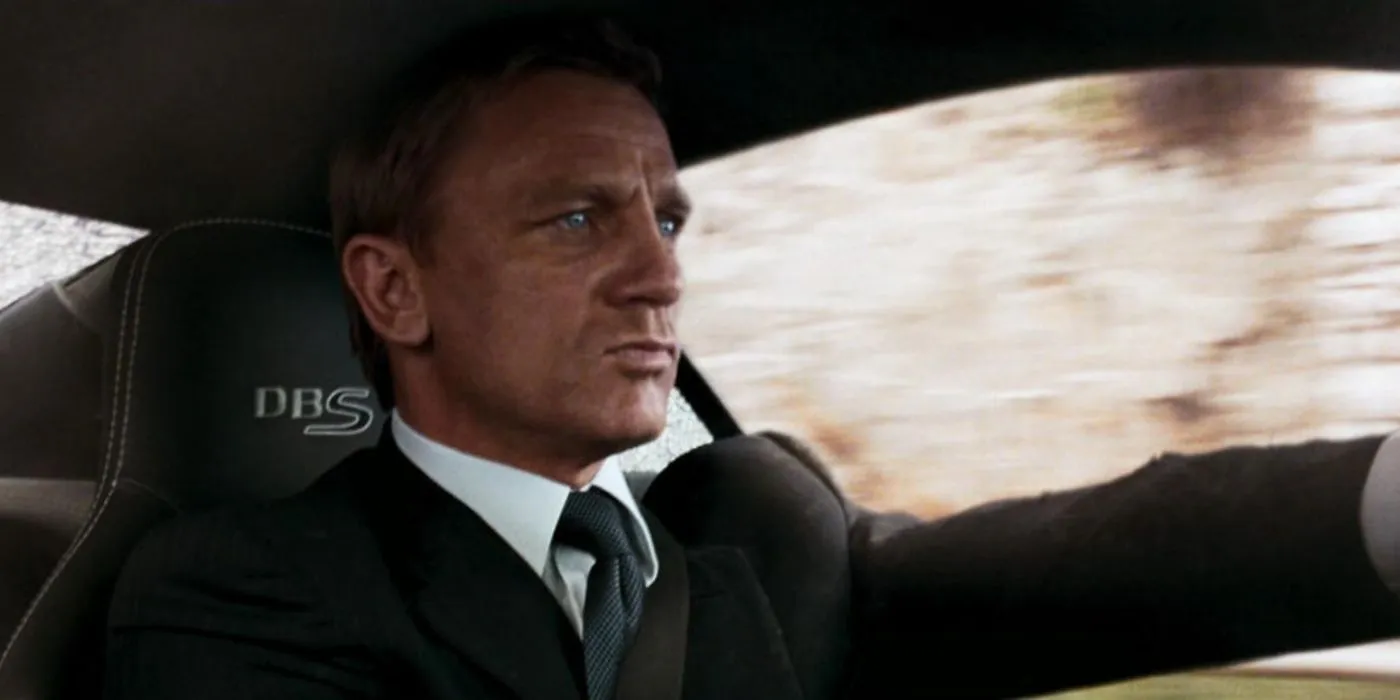
Mr. White emerges as a pivotal figure within Craig’s Bond saga. His history complicates Bond’s decision to trust him in Quantum of Solace, especially given White’s betrayal in Casino Royale.
Despite Bond’s need to penetrate the elusive Quantum organization, trusting a known traitor poses significant risks. White’s lack of motive to share credible information casts doubt on Bond’s judgment. This decision highlights the precarious balance between necessity and trust in the high-stakes world of espionage.
8 Gambling With MI6’s Finances
Casino Royale (2006)
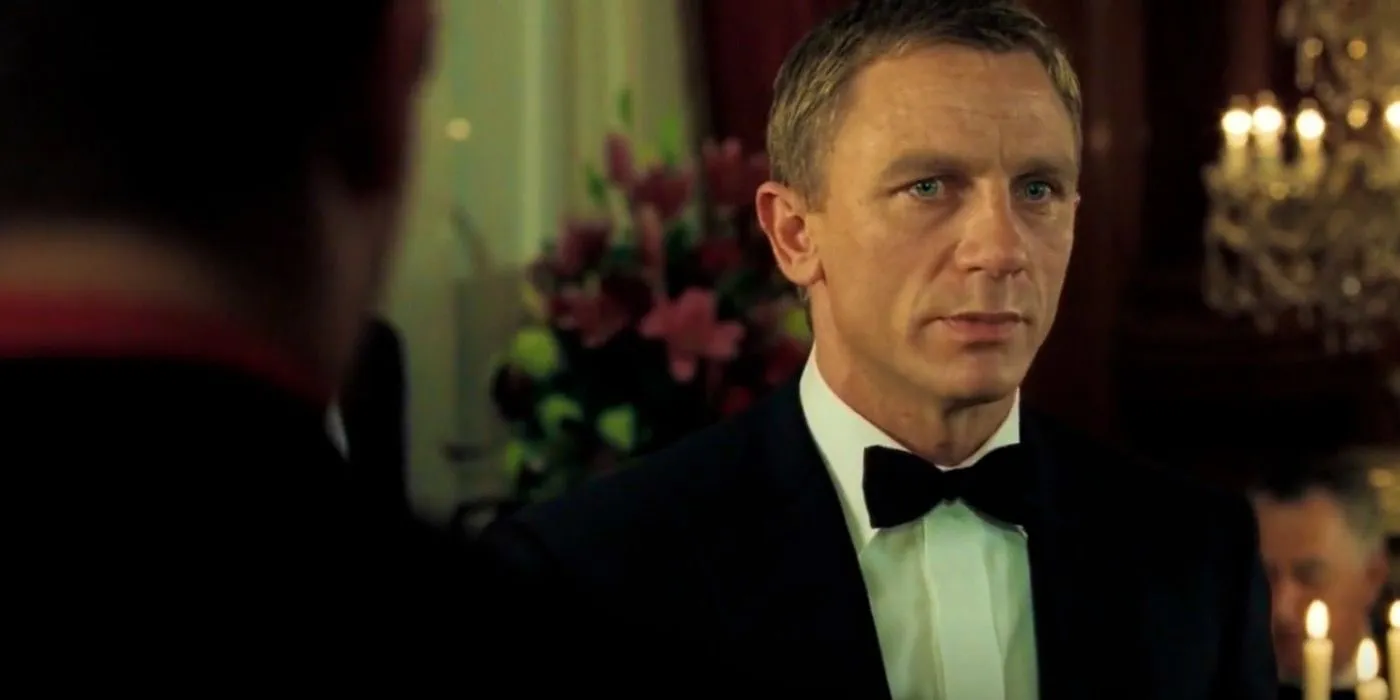
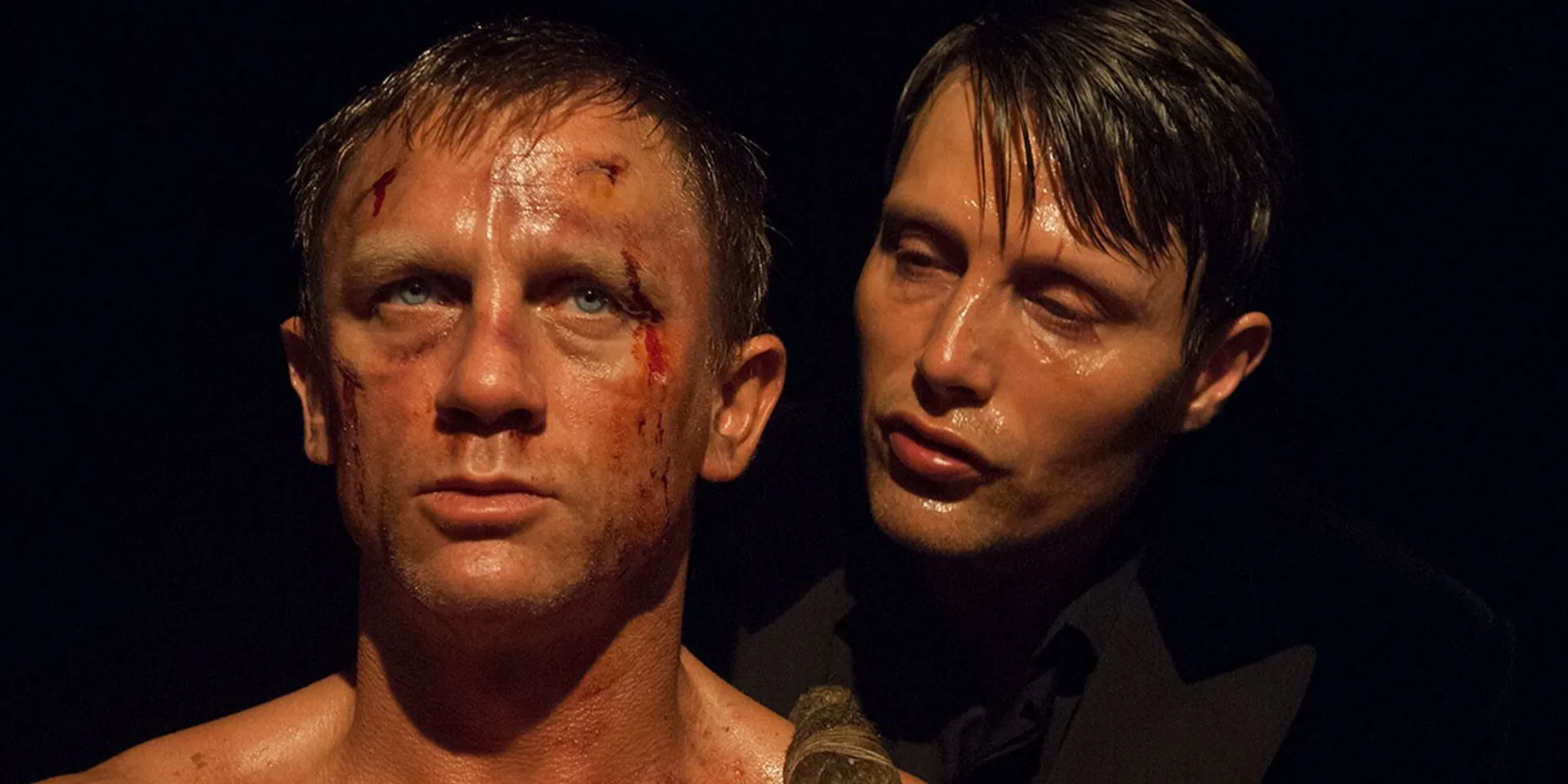
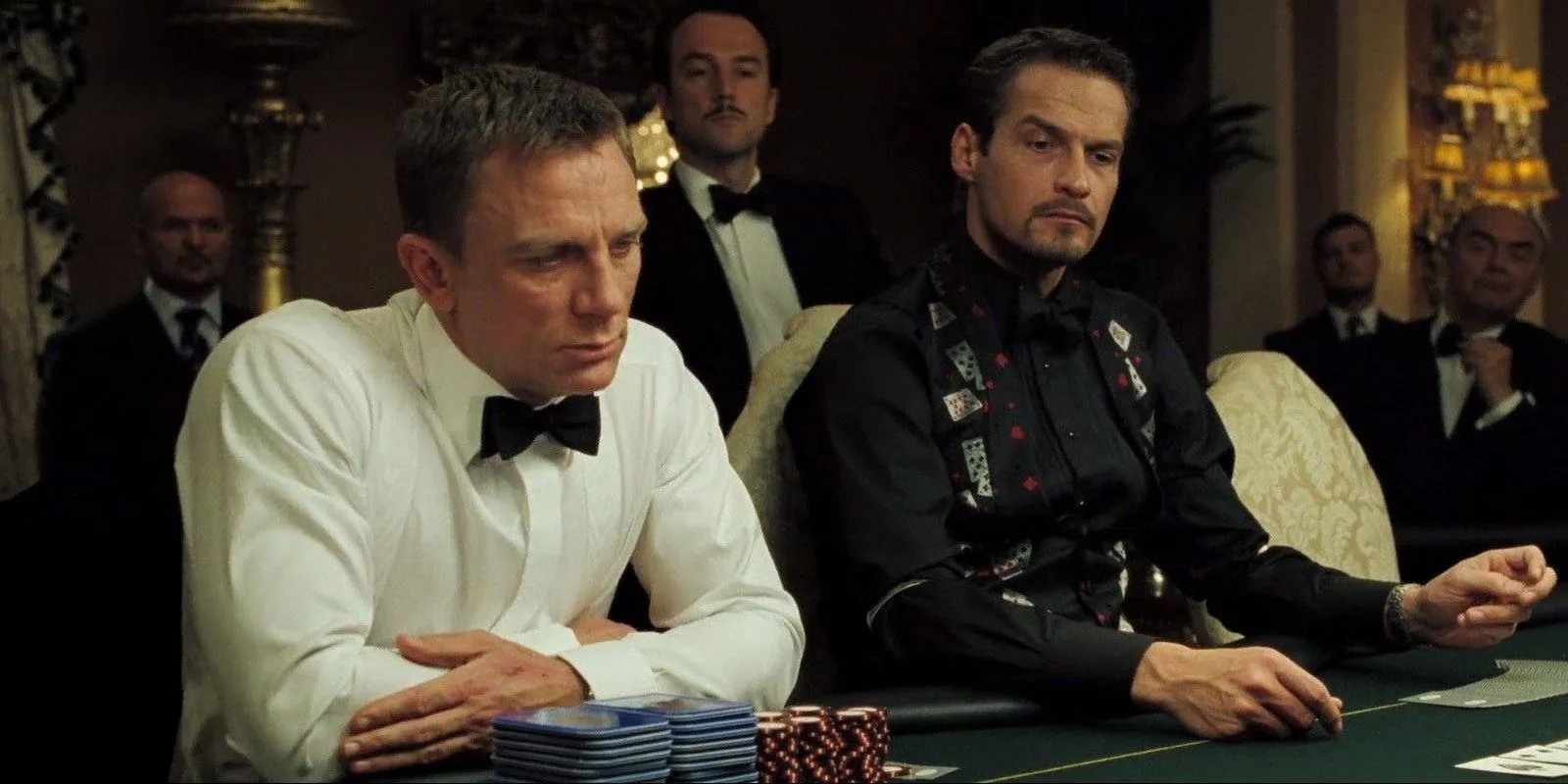
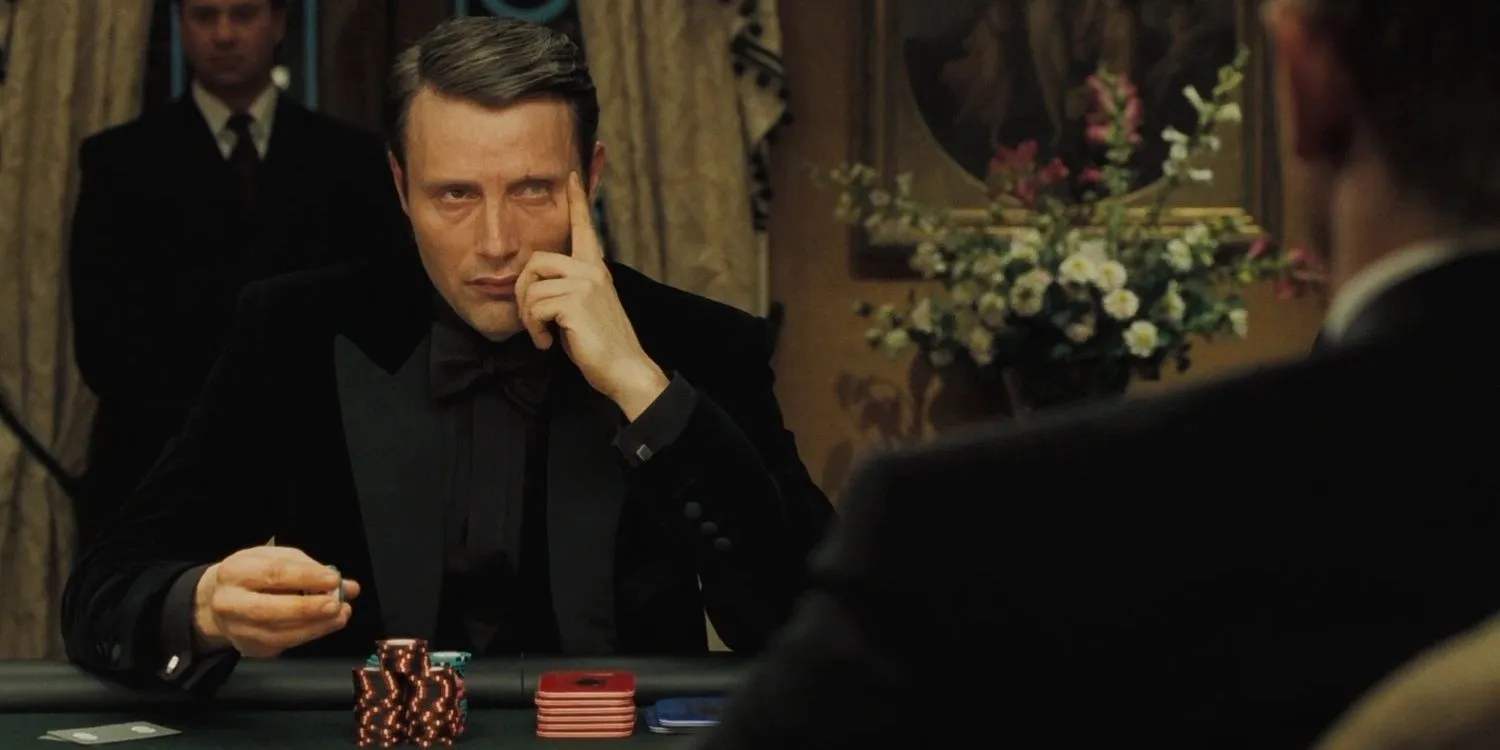
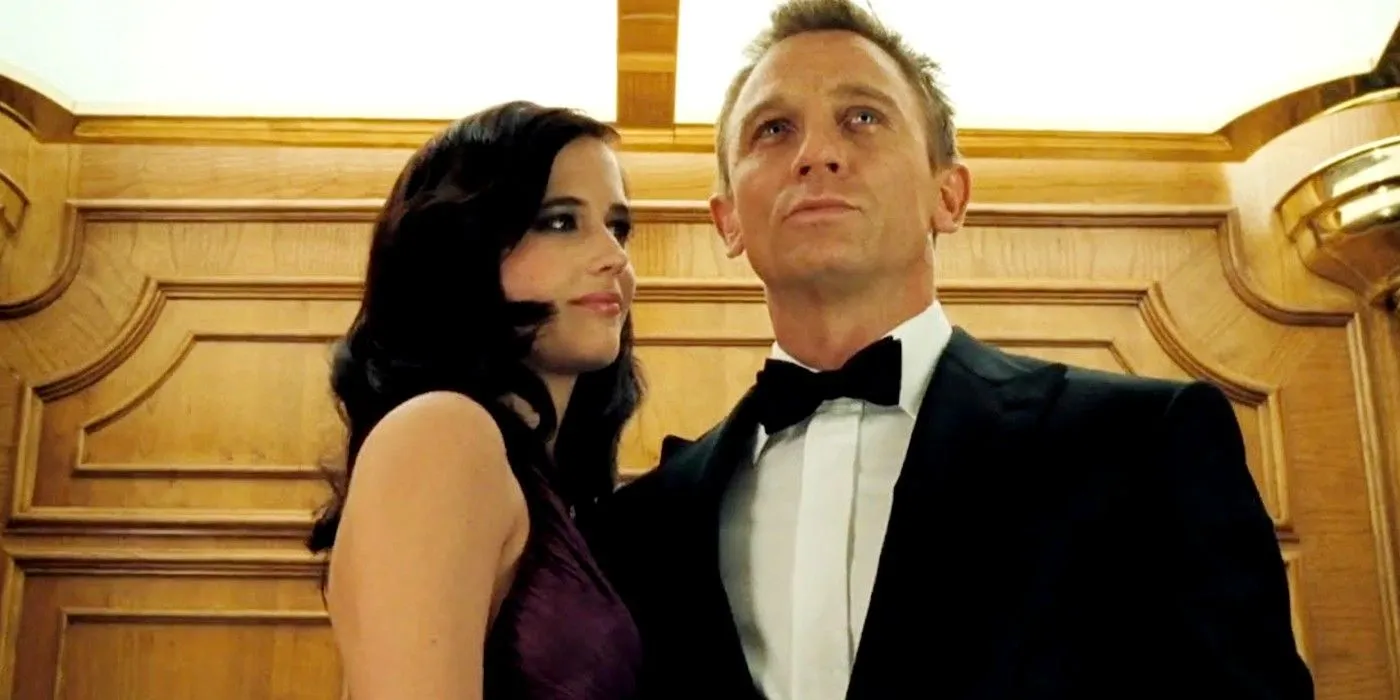
In Casino Royale, Bond’s high-stakes gamble of MI6’s reserves against Le Chiffre’s fortune is audacious but fraught with folly. This daring move presents an ethical dilemma: are the stakes justifiable when national security is on the line?
Risking $15 million without a backup plan puts MI6’s assets in jeopardy, especially since Bond’s win depends solely on his luck and skill. Each high-risk decision was aimed at exploiting Le Chiffre’s vulnerabilities, but the lack of contingency exposes a recklessness rarely associated with the seasoned spy.
7 Leaving Madeleine Swann Alone
Spectre (2015)
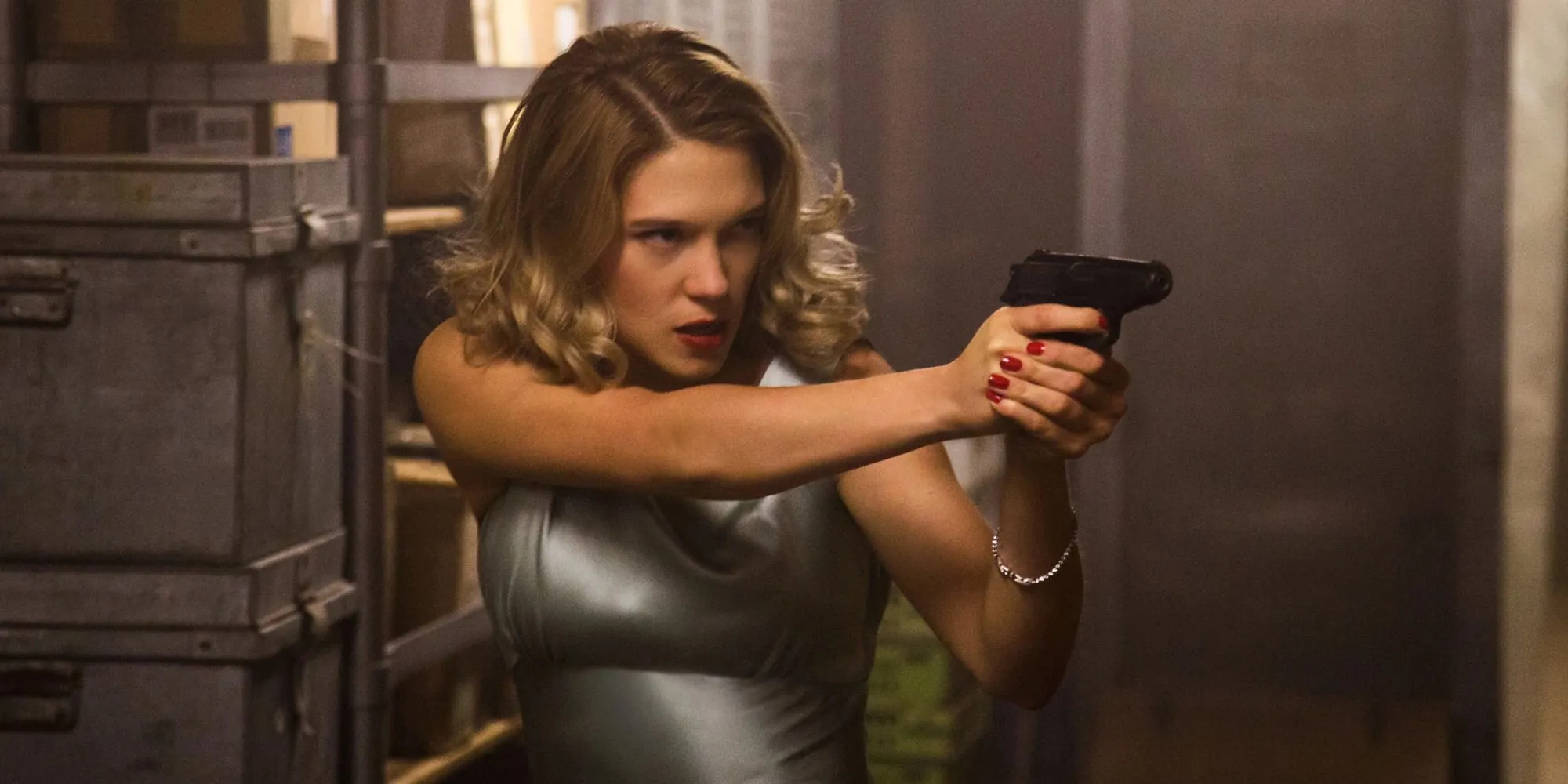

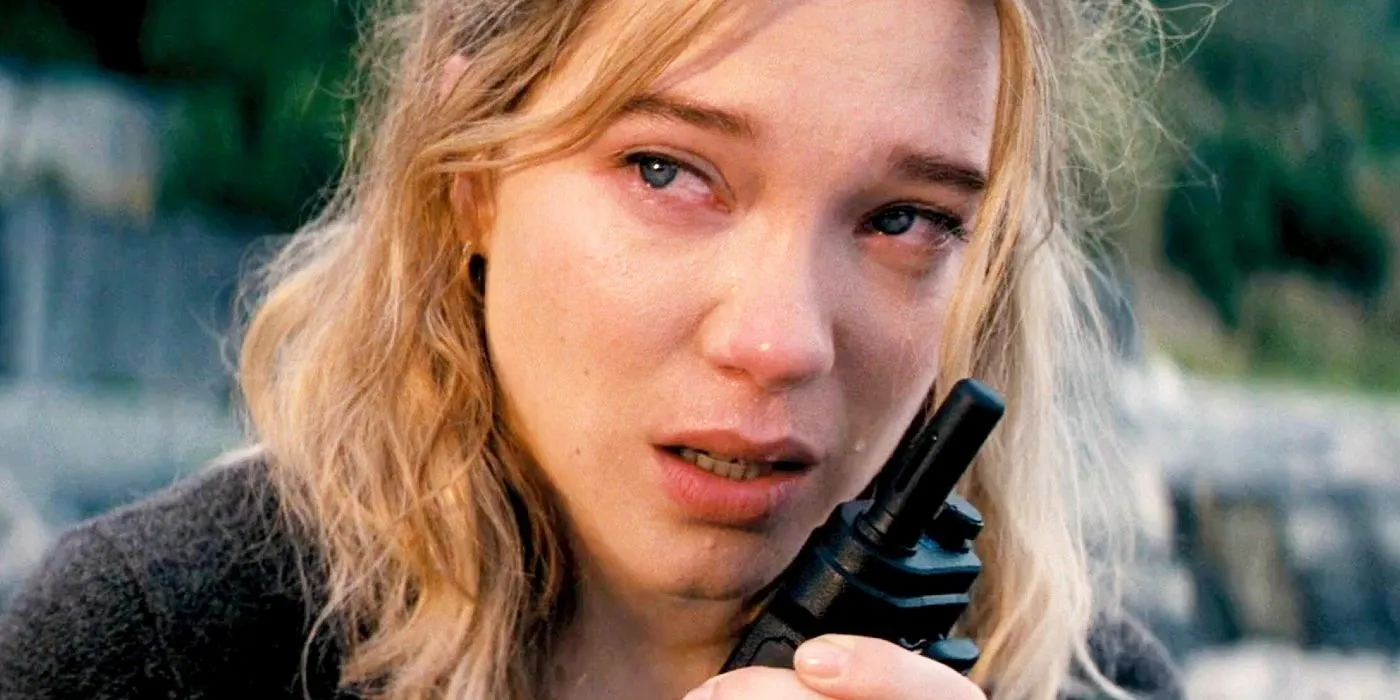
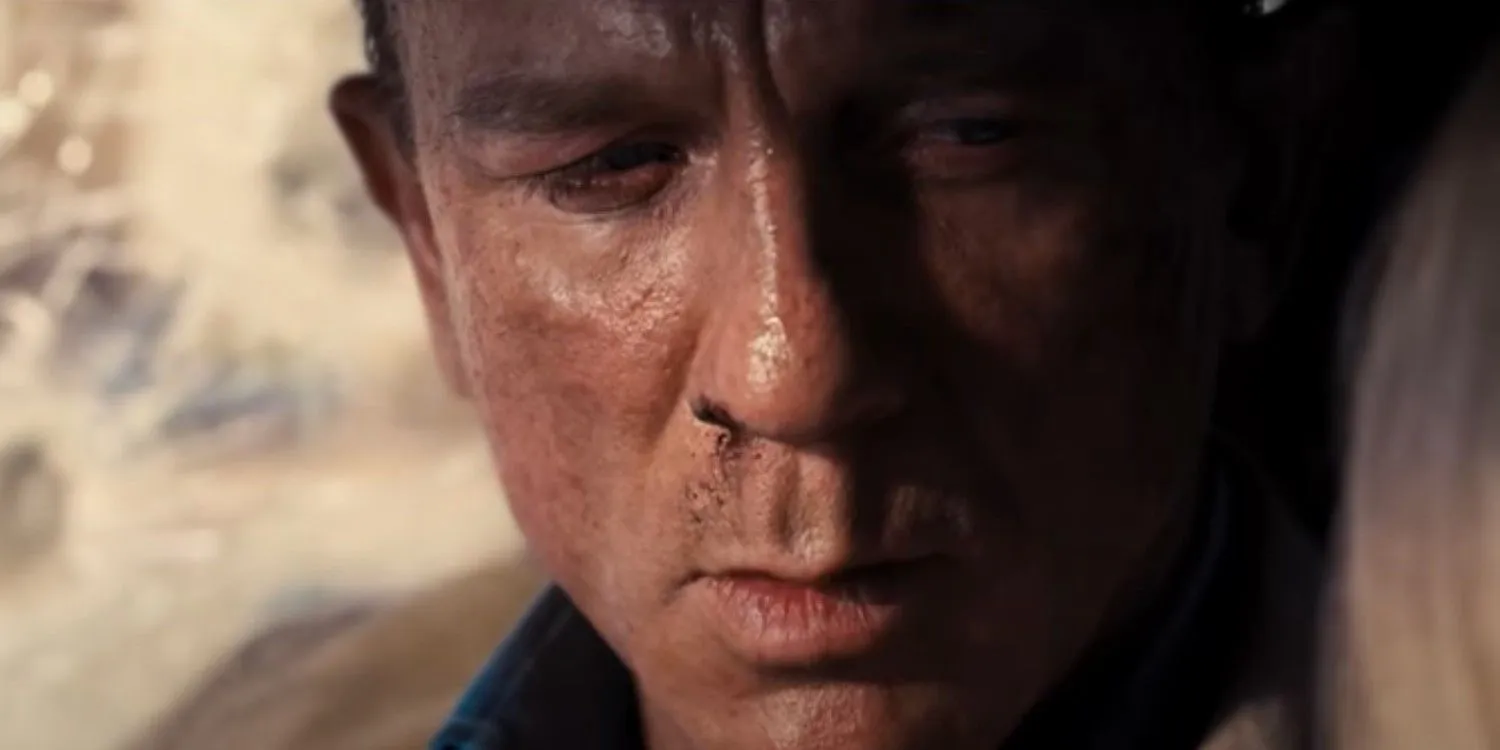
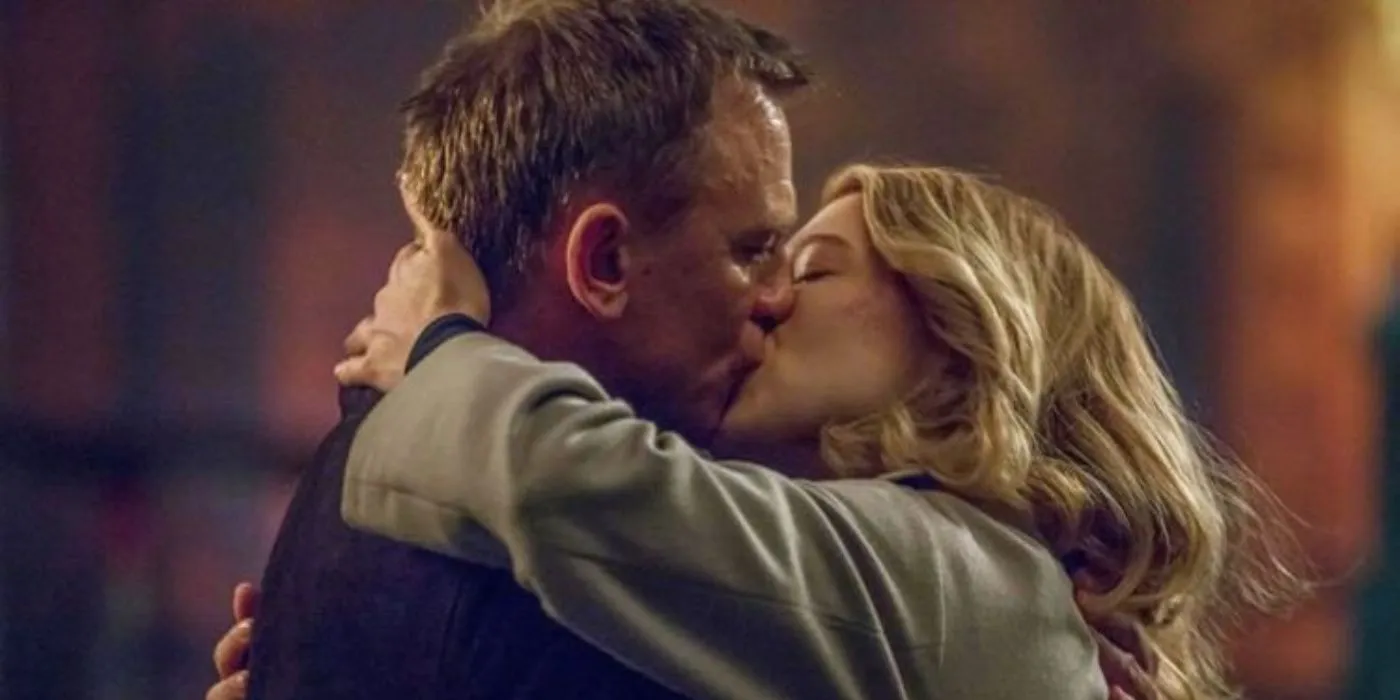
Bond’s decision to leave Madeleine Swann unattended in Spectre raises significant concerns. As a vital figure in his life and a probable target of SPECTRE, her safety hinges precariously on Bond’s choices.
His earlier experiences, marred by similar mistakes, should have prompted more caution. Leaving her defenseless seems not only reckless but also strategically unsound, especially since he had the opportunity to ensure her safety.
6 Failing To Secure MI6’s Funds
Casino Royale (2006)
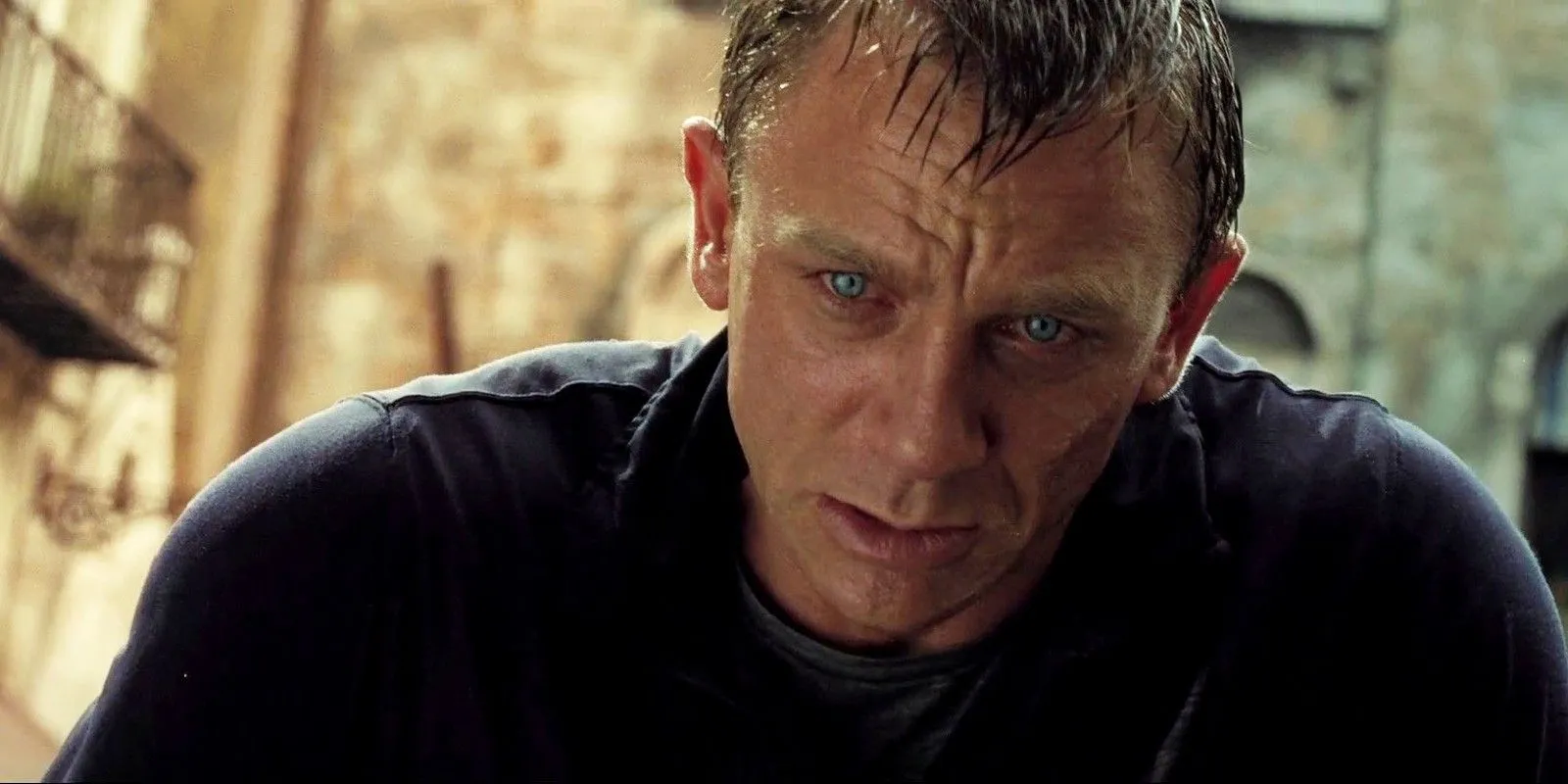
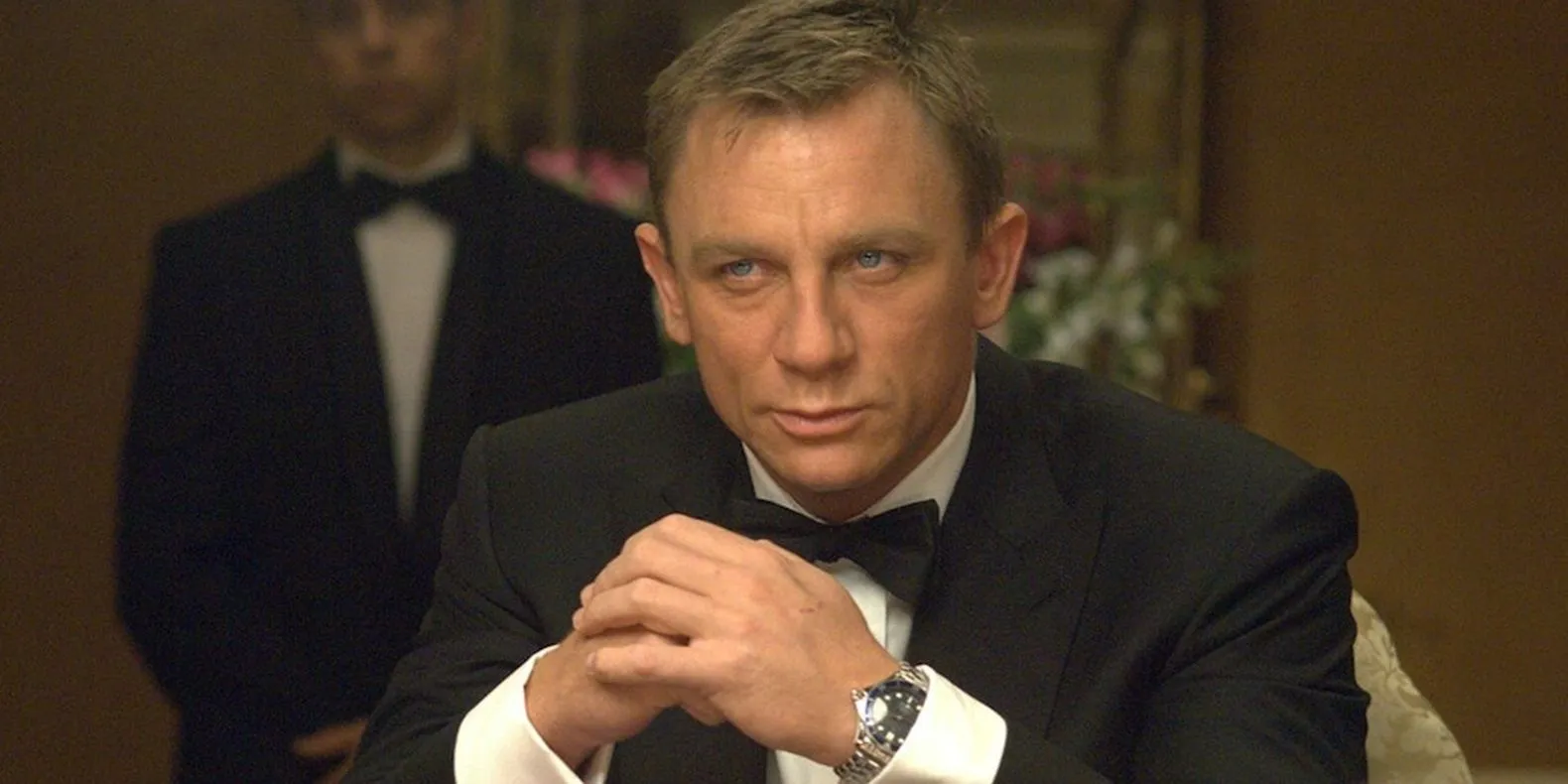
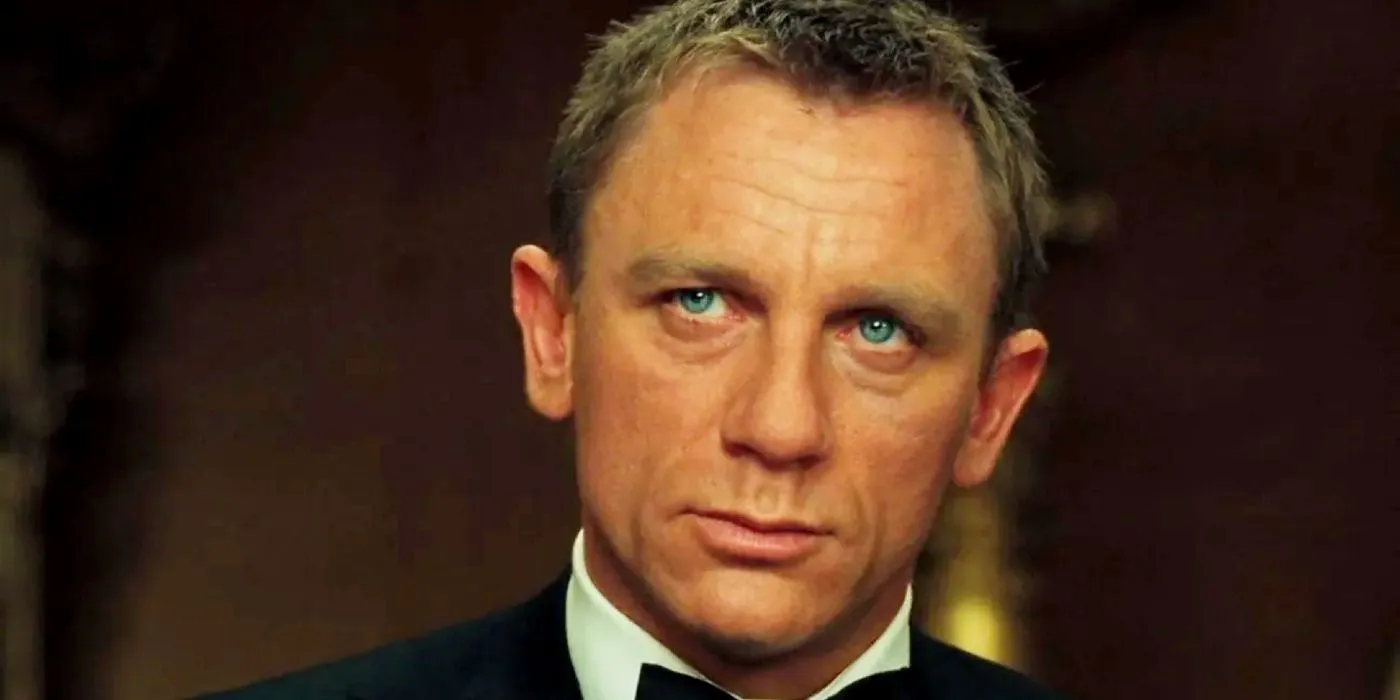
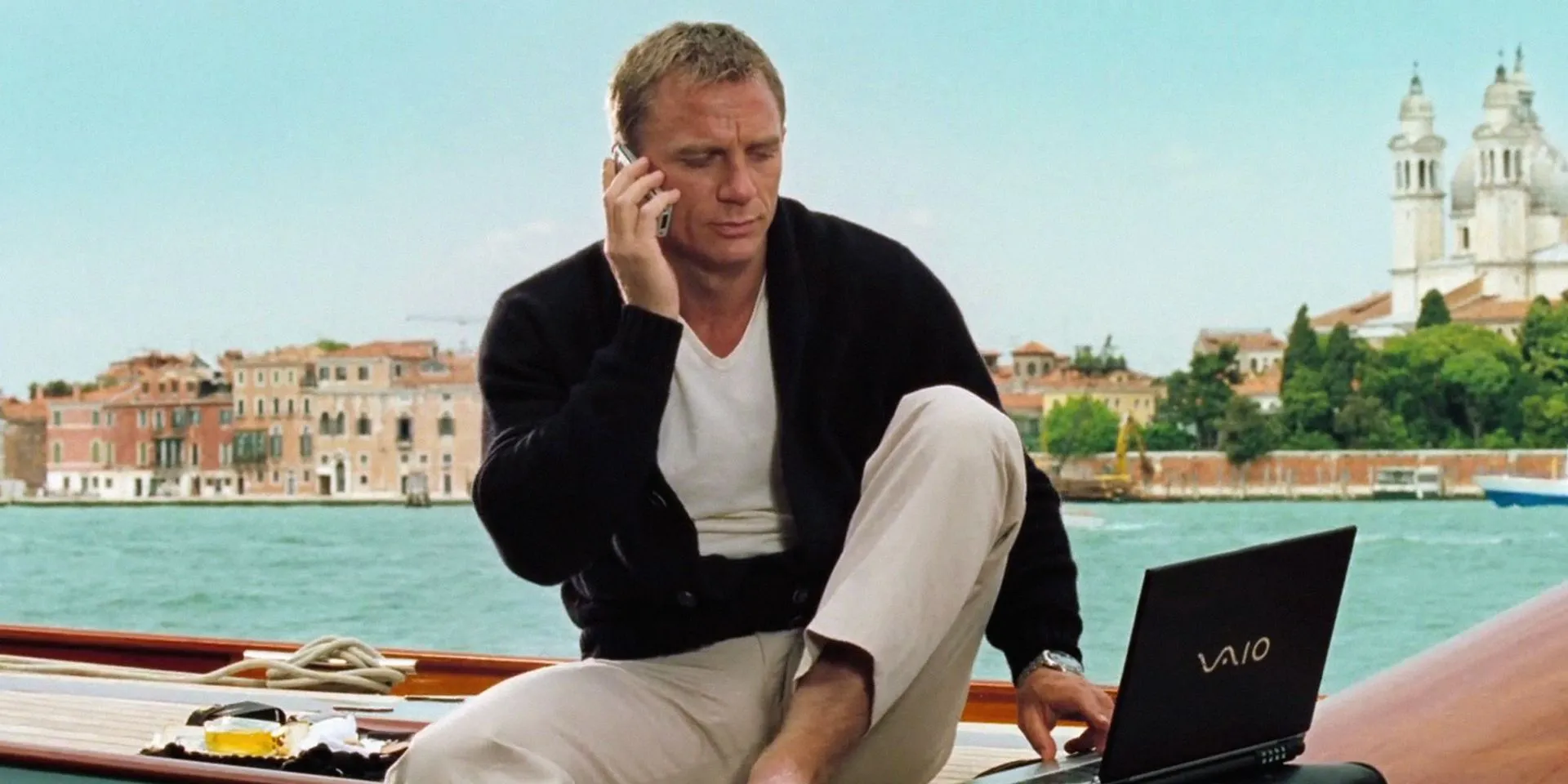
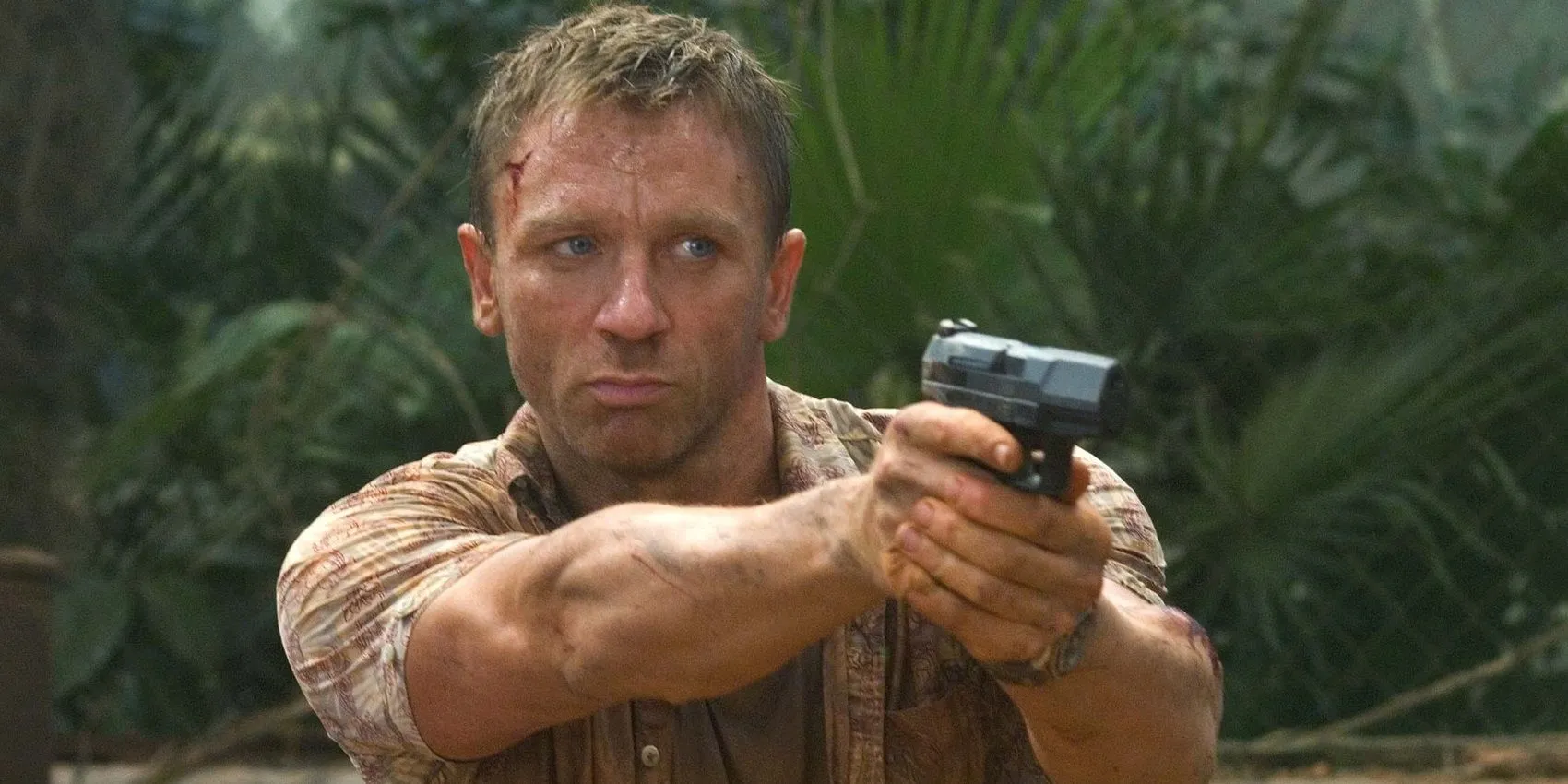
Bond’s decision to leave MI6’s $120 million unguarded during his poker game with Le Chiffre in Casino Royale epitomizes a severe lapse in judgment. The fundamental objective was to thwart Le Chiffre by disrupting his funding, yet the risk of significant financial loss remained.
Considering Le Chiffre’s desperation and recognized capabilities, it should have been evident to Bond that these funds were vulnerable to interception. His oversight contradicts his typically meticulous nature, showcasing a rare moment of amateurism.
5 Recklessly Exposing Himself At Skyfall Lodge
Skyfall (2012)
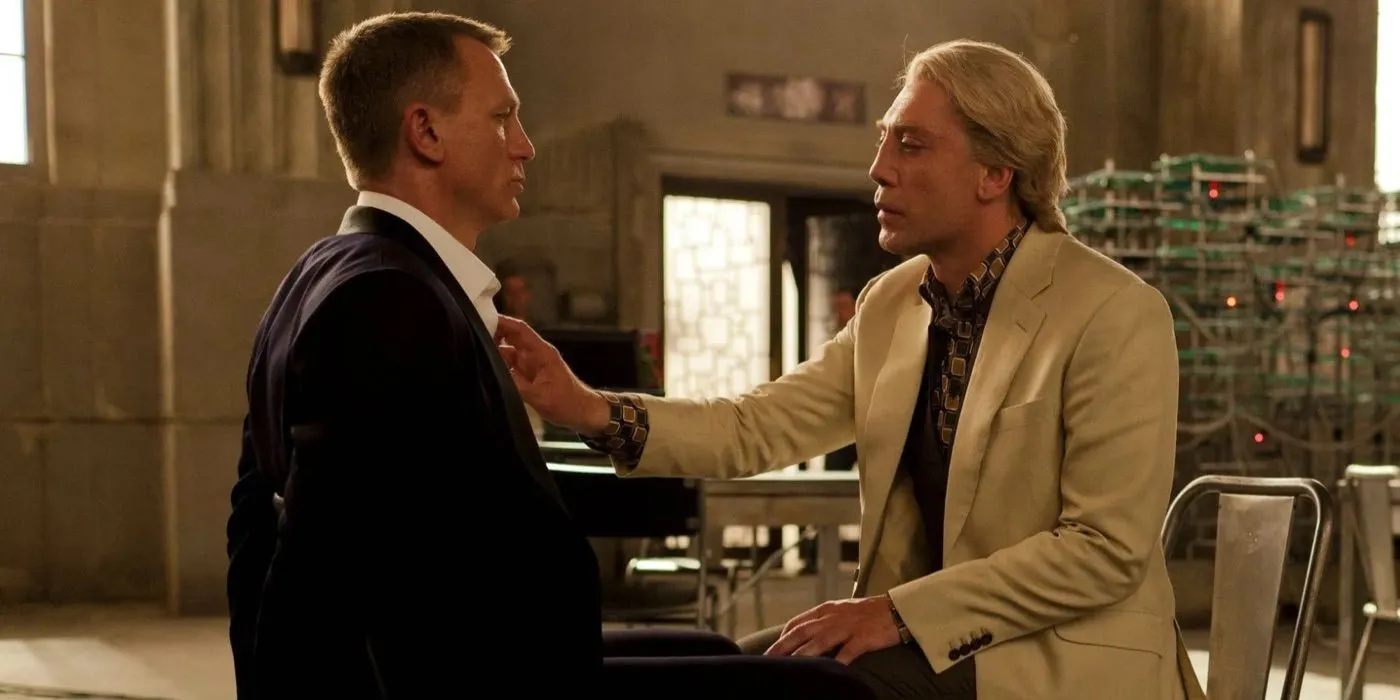
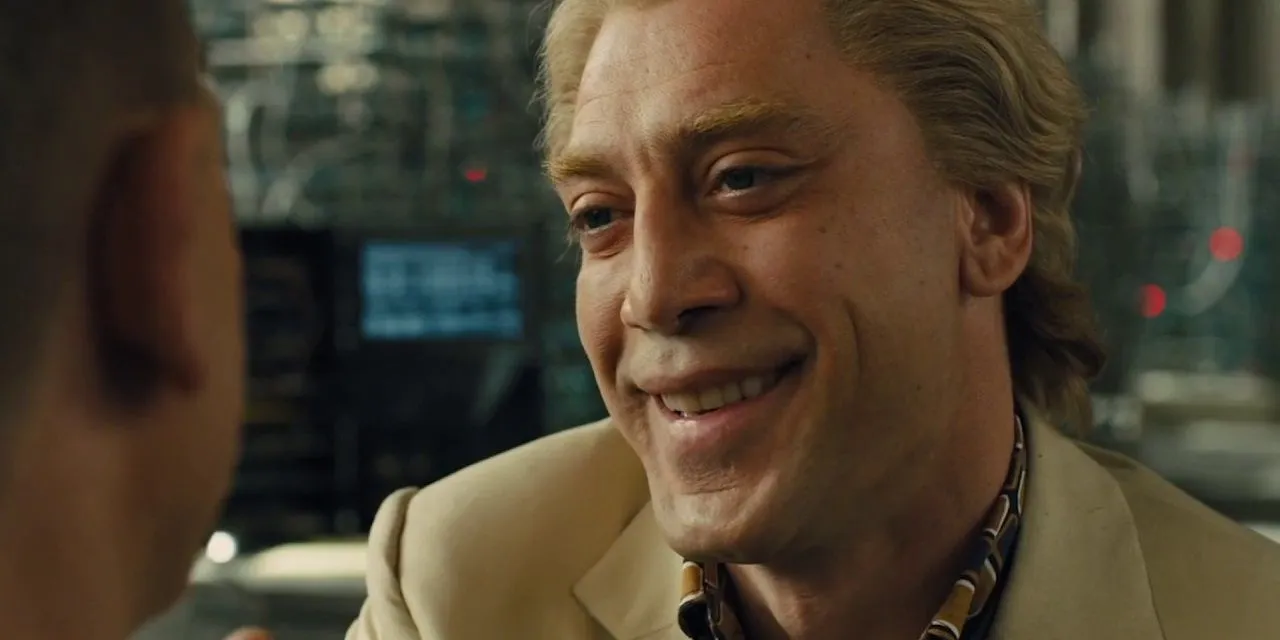
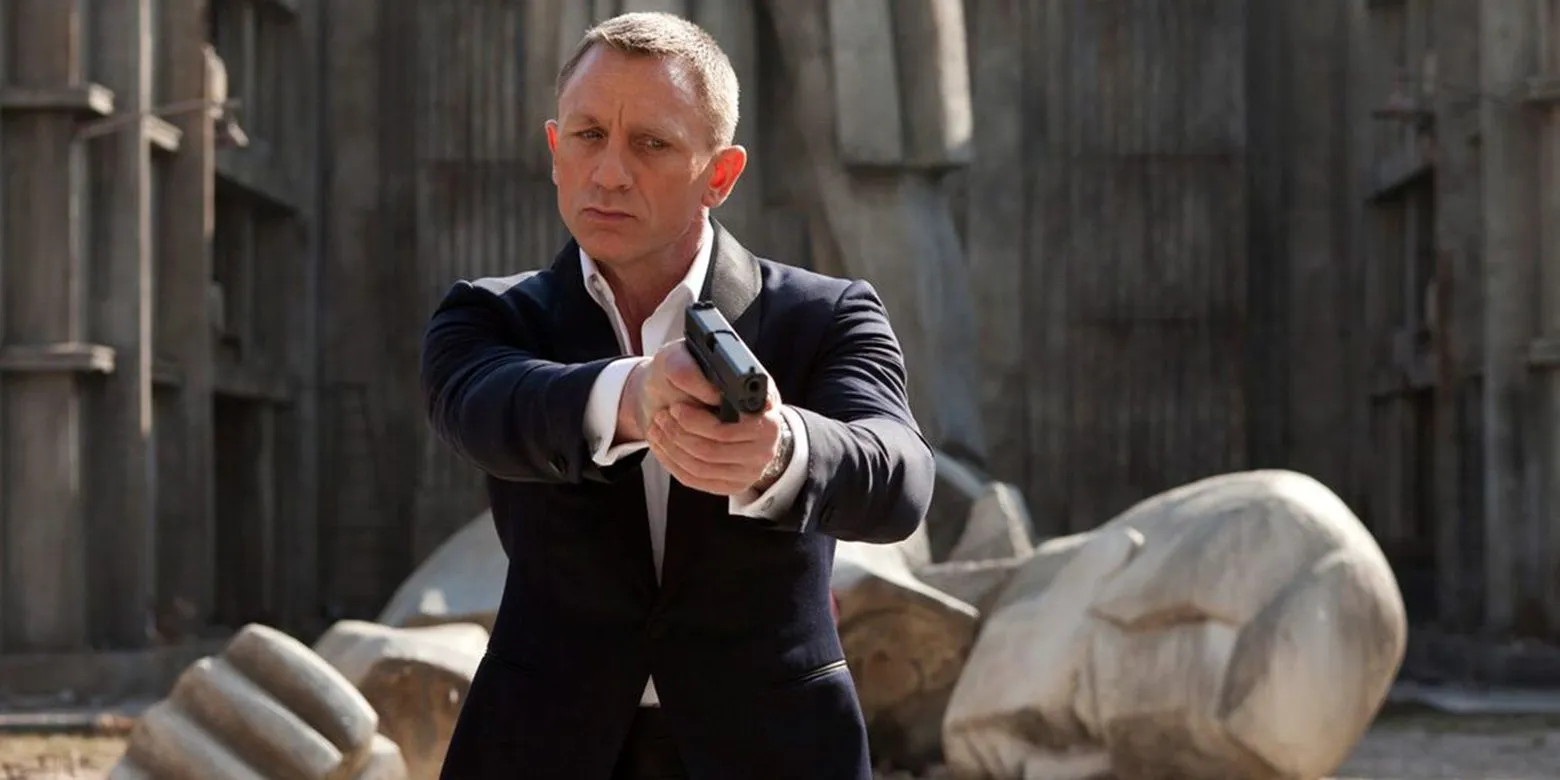
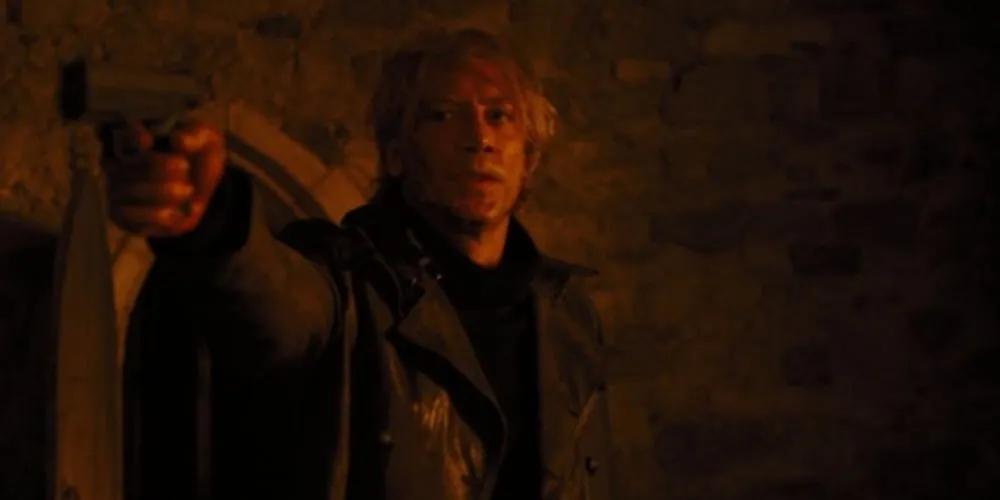
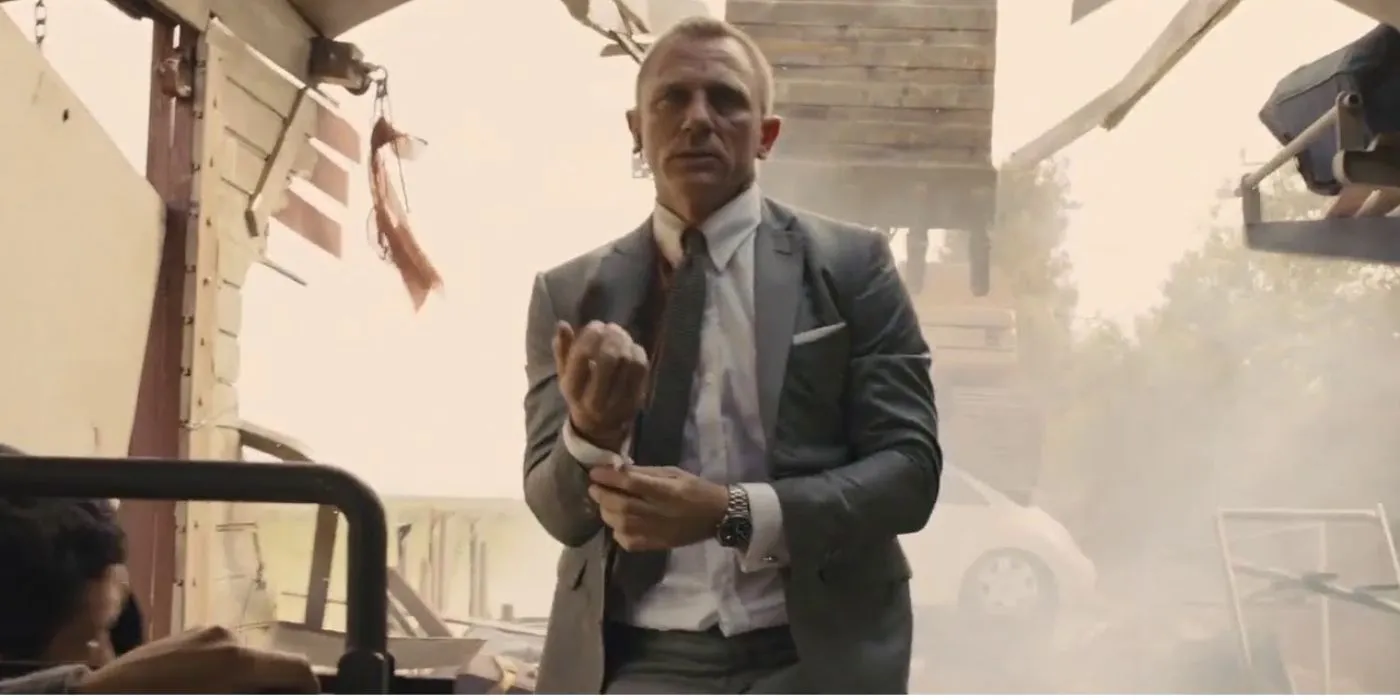
Though Skyfall is often hailed as the best installment in the series, Bond’s plan to confront Silva at his childhood home, Skyfall Lodge, lacked strategic foresight. Engaging Silva without adequate precautions showcased reckless bravado.
Relying on improvised defenses left both himself and M vulnerable, compounding the risks of their confrontation. His choice to use himself as bait served no practical purpose, as Silva would naturally seek revenge on Bond regardless of the circumstances. While the moment was loaded with nostalgia, it also veers into the territory of poor decision-making.
4 Refusing Backup Against Silva
Skyfall (2012)
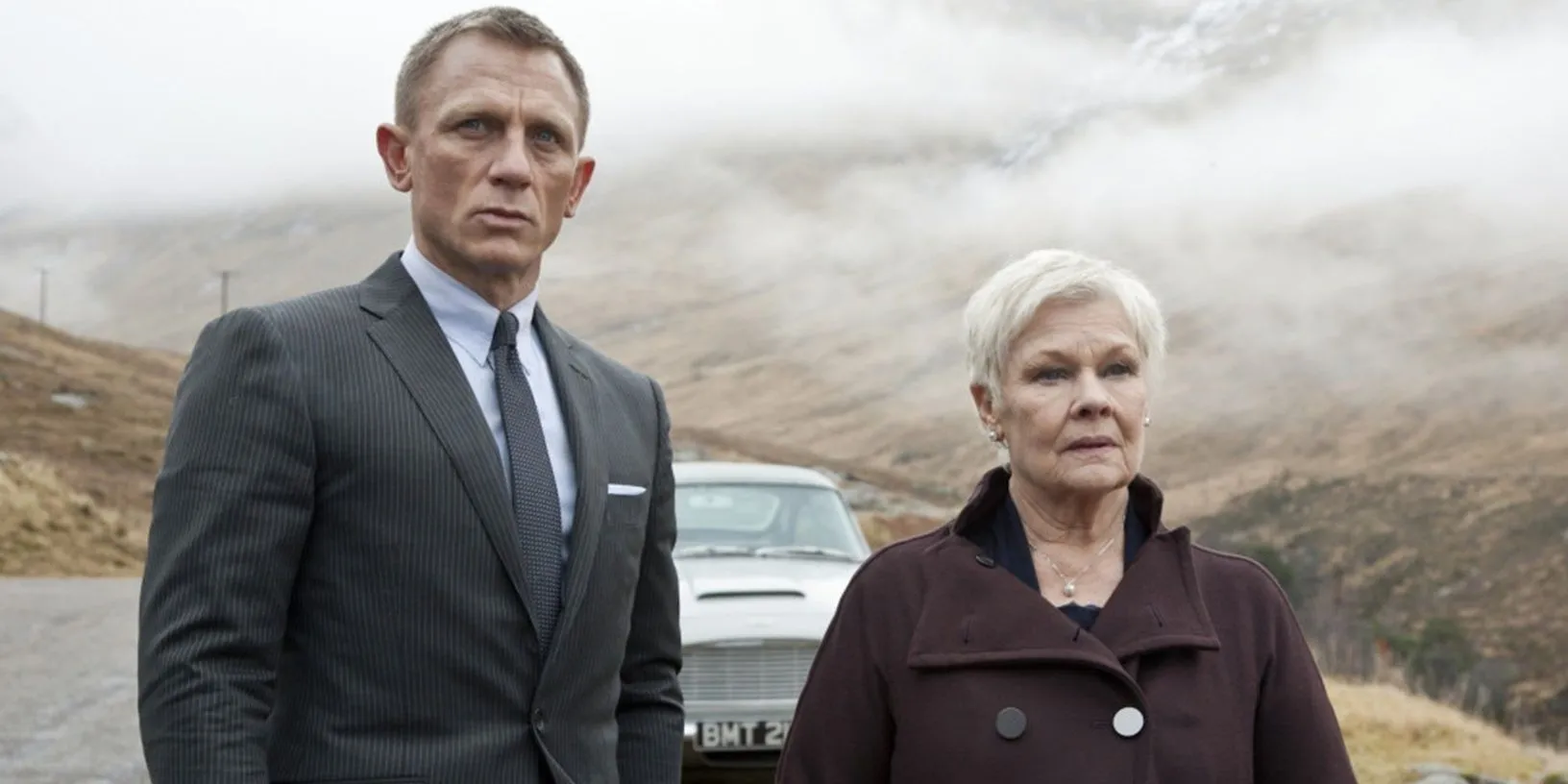
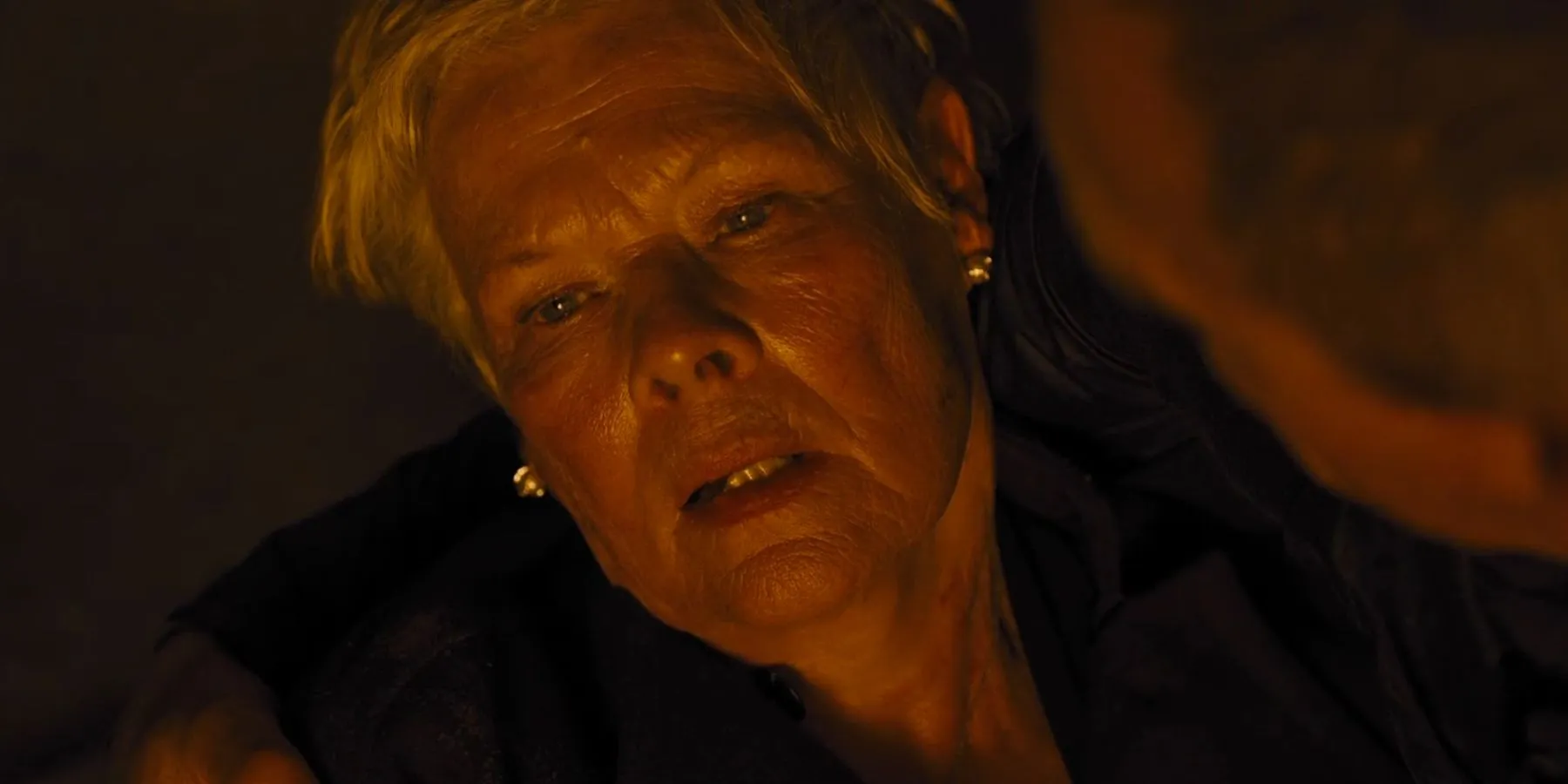
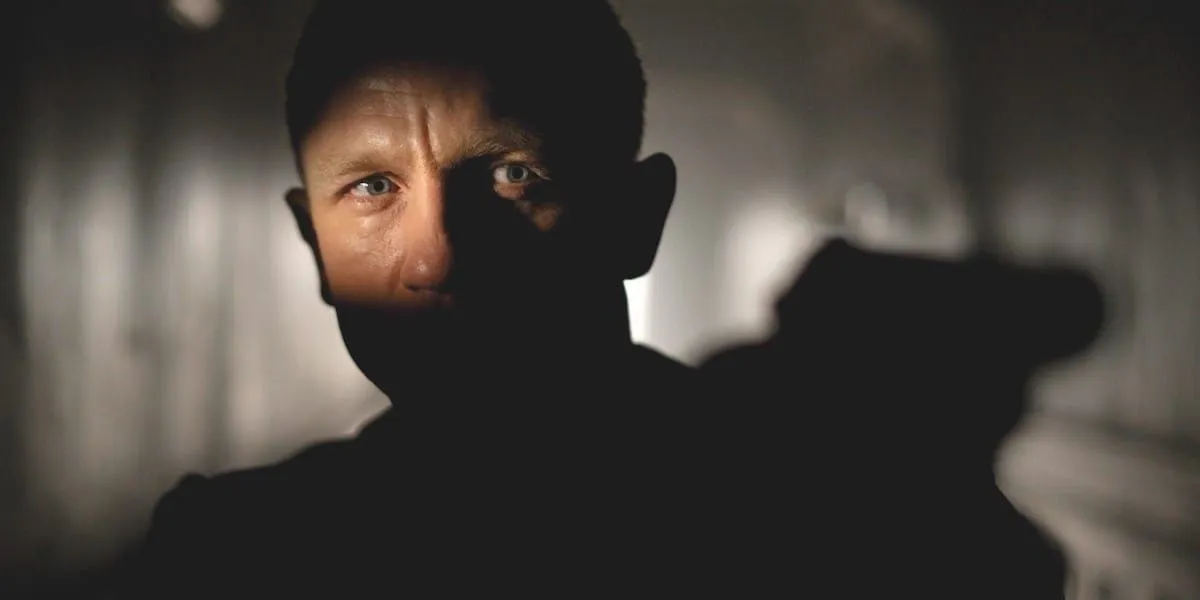
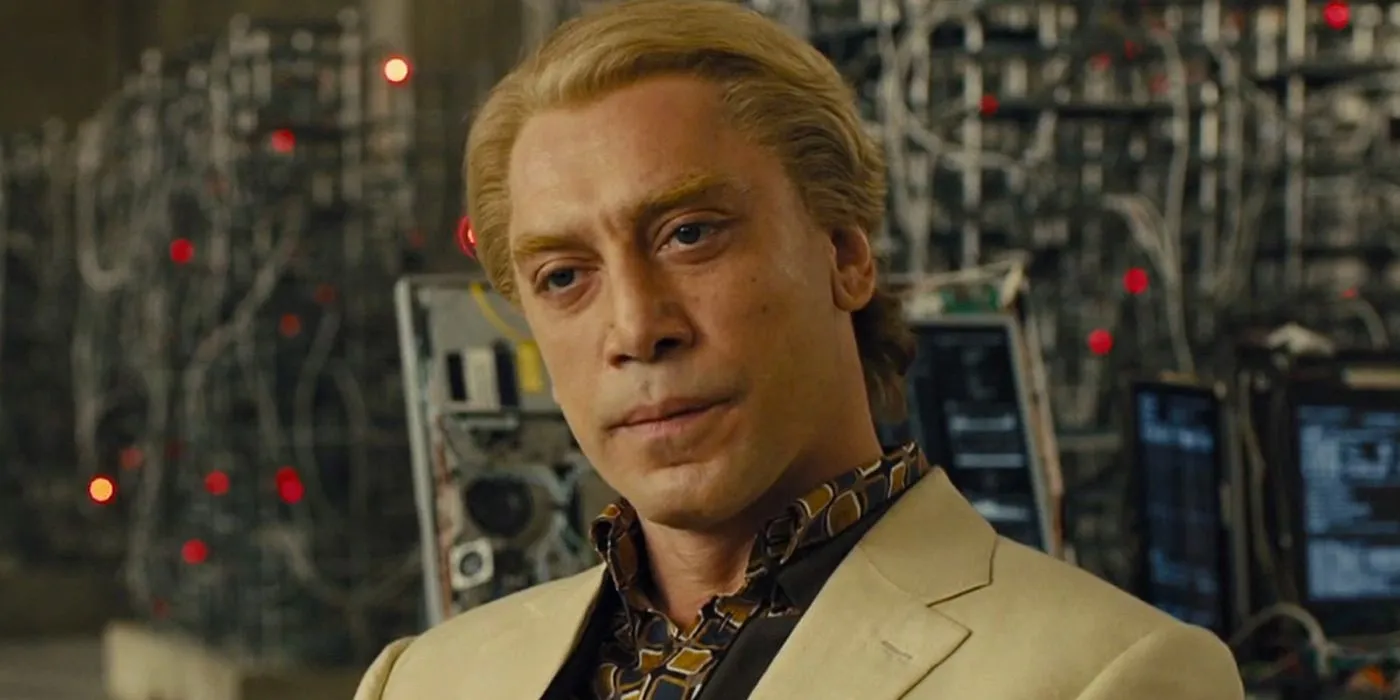
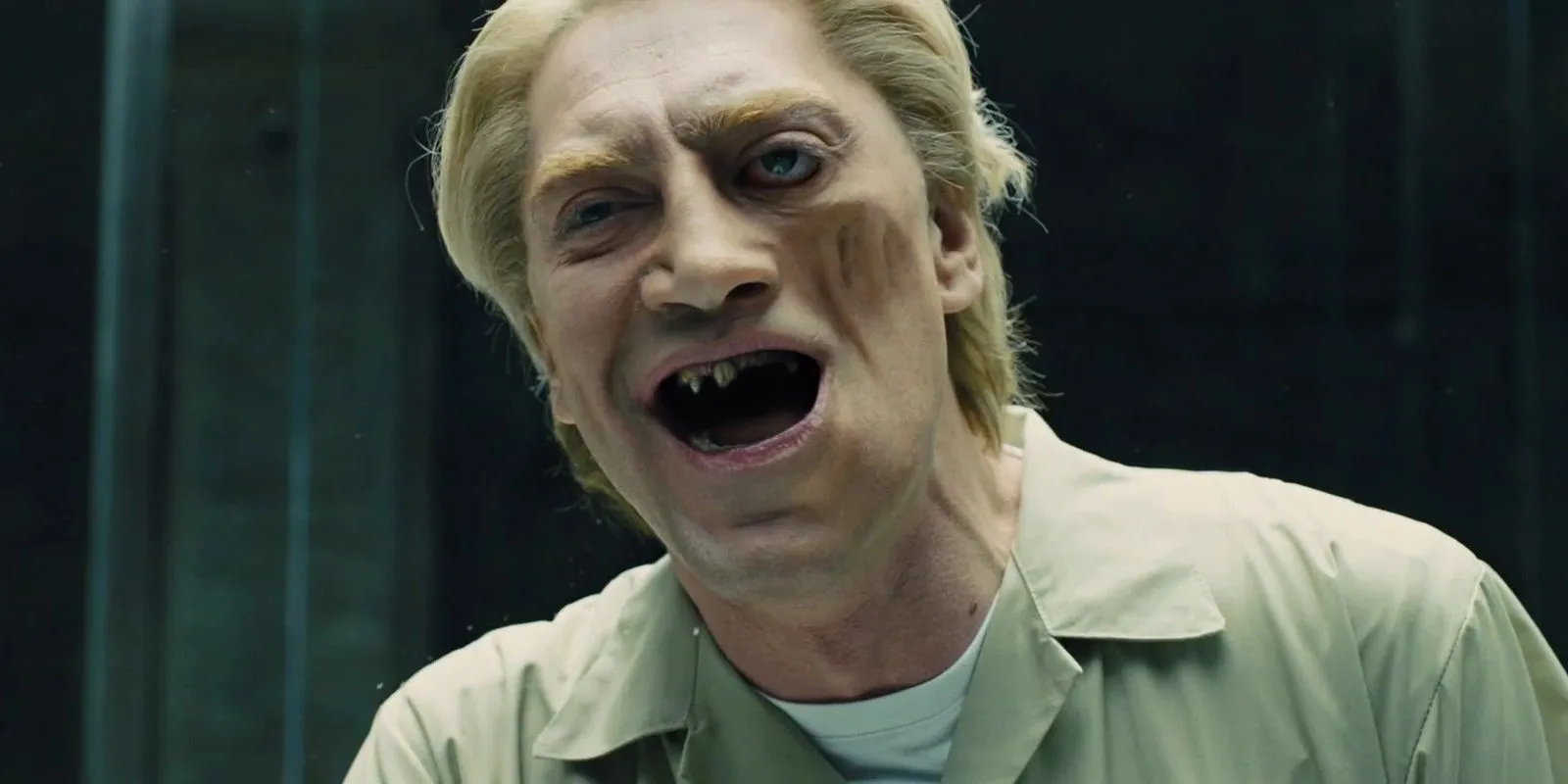
Another critical faux pas during Skyfall occurs when Bond chooses to confront Silva solo, rejecting available backup. Despite MI6’s expertise and resources, Bond’s pride takes precedence over strategy.
Silva, equipped with numerous resources, presents a formidable challenge, and Bond’s overconfidence ultimately leads to dire consequences. Without MI6’s support, the resulting encounter contributes to M’s tragic demise—a failure largely attributed to Bond’s ego and lack of calculated foresight.
3 Allowing Sévérine To Be Executed
Skyfall (2012)
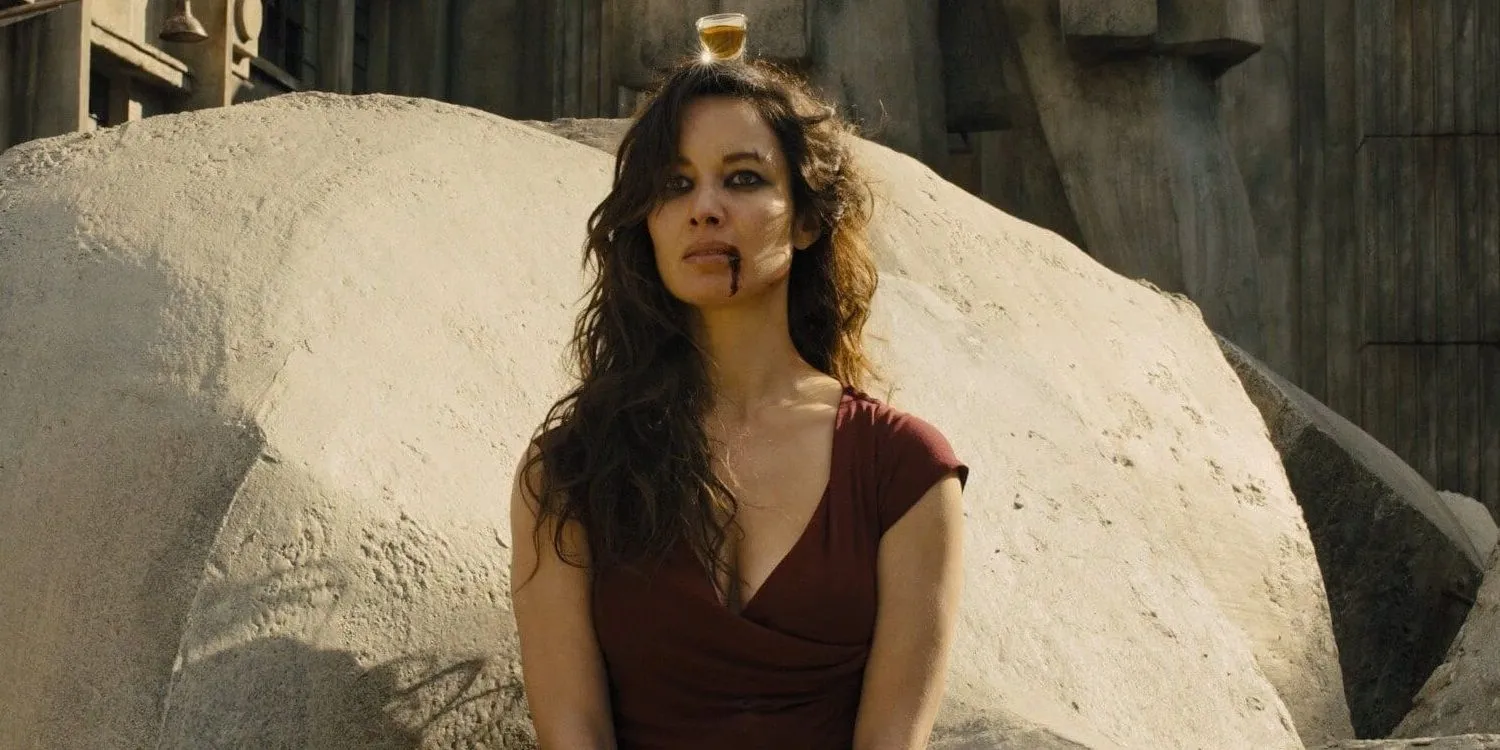
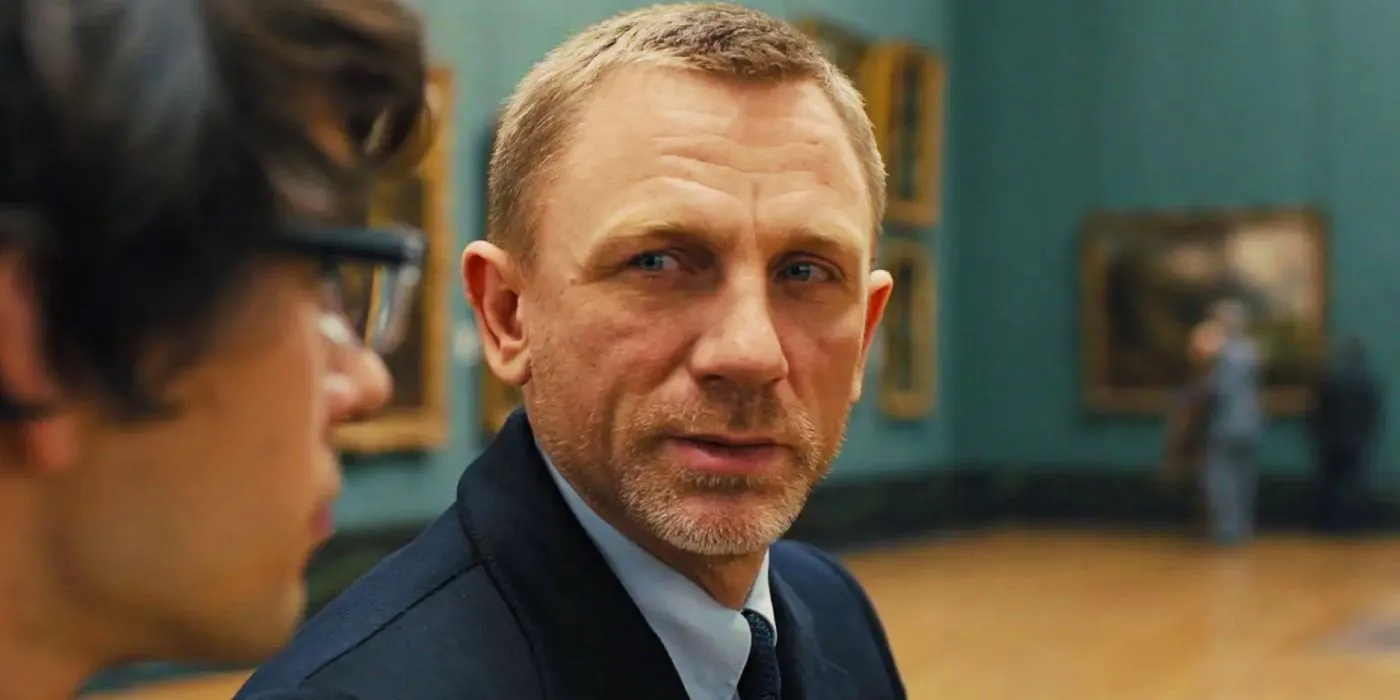
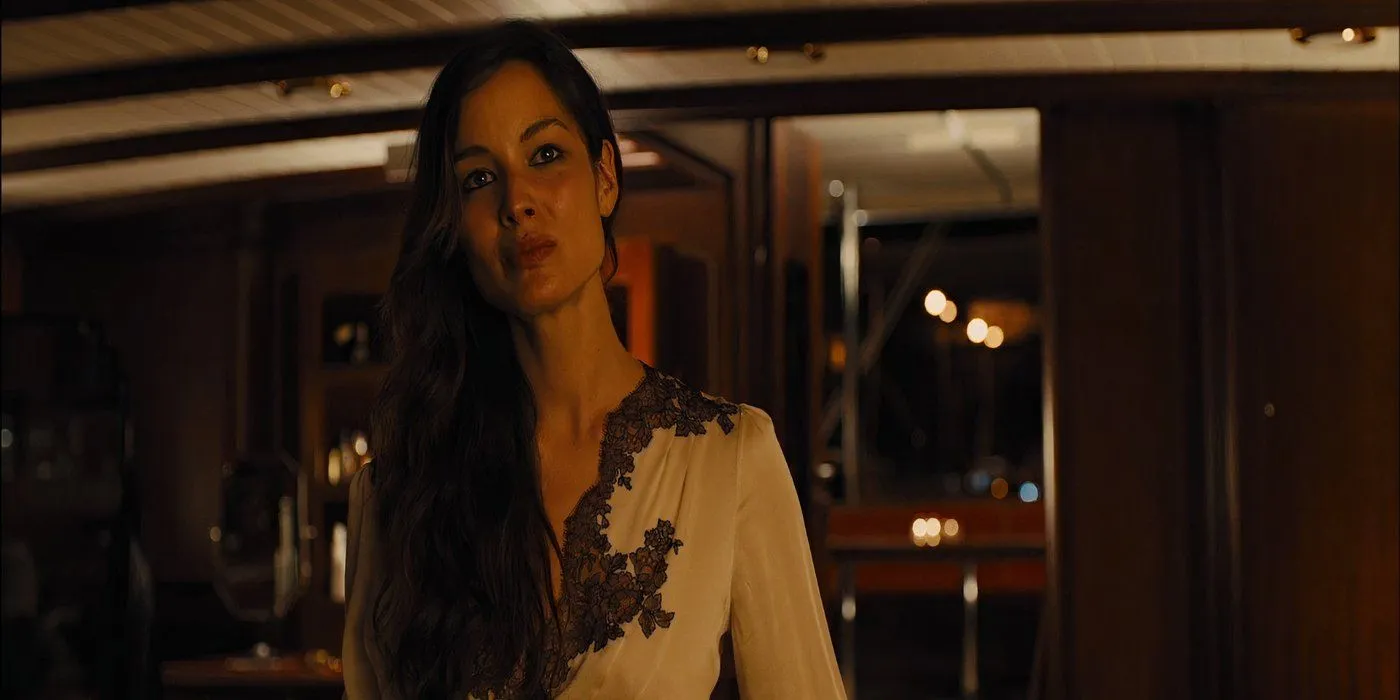
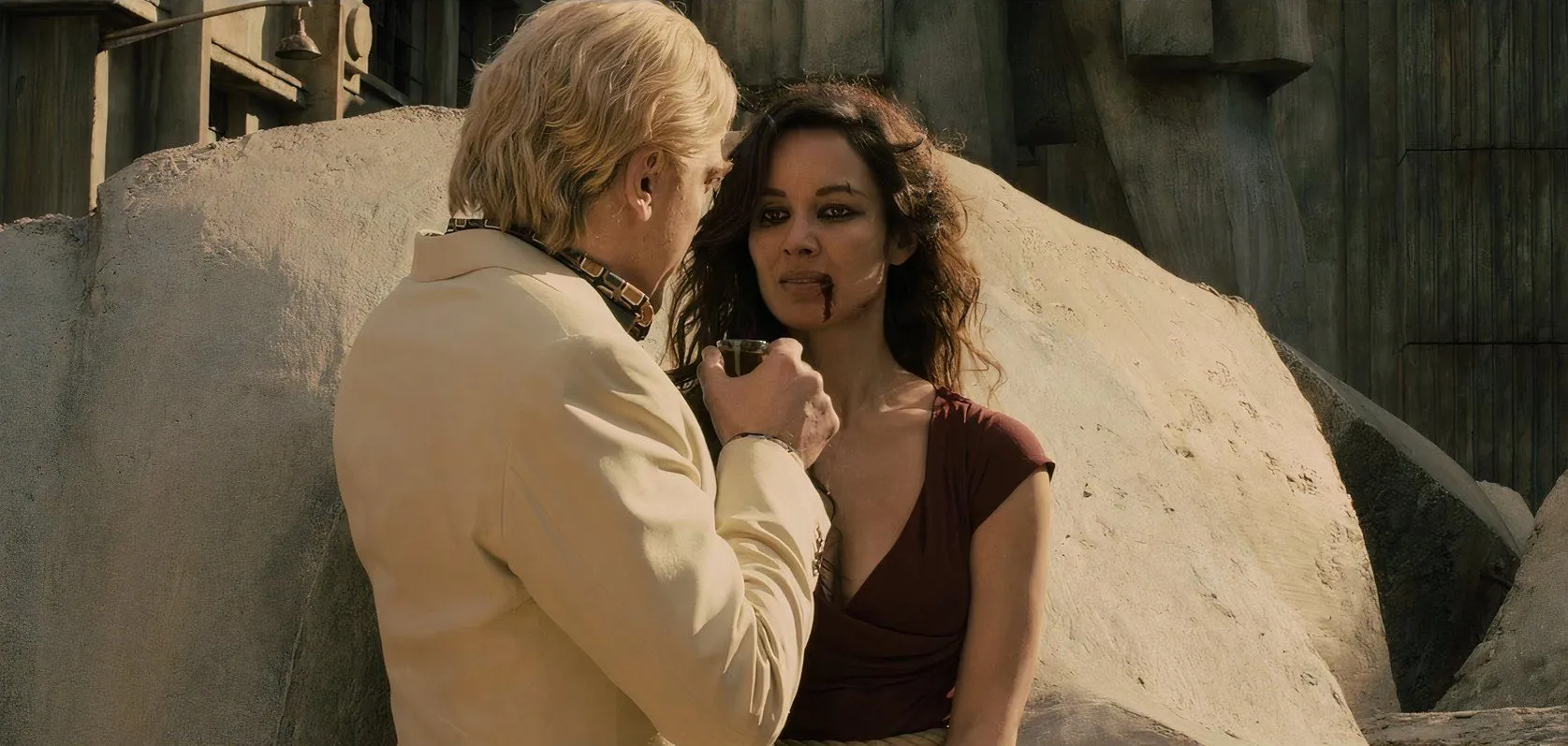
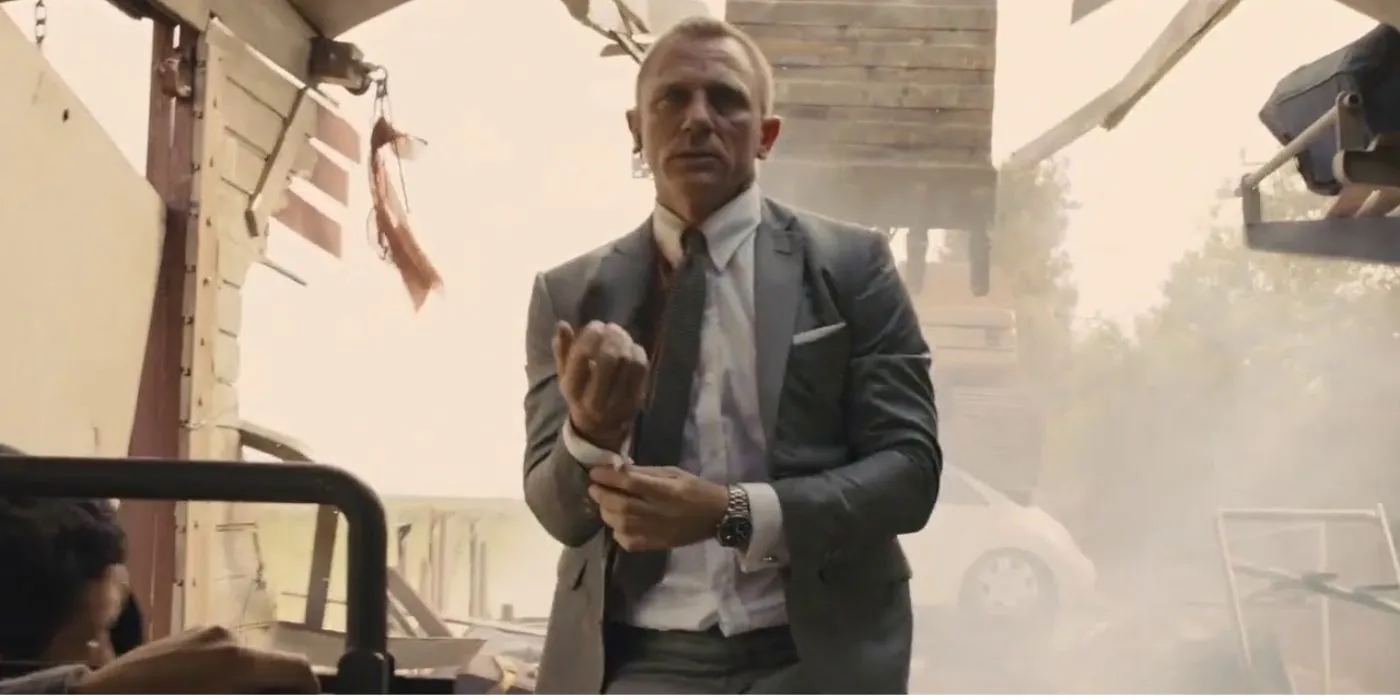
One of Bond’s most troubling decisions is his passive role during the execution of Sévérine in Skyfall. Typically known for protecting the vulnerable, Bond’s inaction is particularly jarring in this instance.
While circumstances place him in a challenging position, the lack of effort to intervene underscores a shocking detachment from his moral compass. His flippant remark following her execution—”What a waste of good Scotch” —further amplifies this emotional disconnect, contrasting sharply with the film’s themes of duty and remorse.
2 Choosing To Die
No Time to Die (2021)
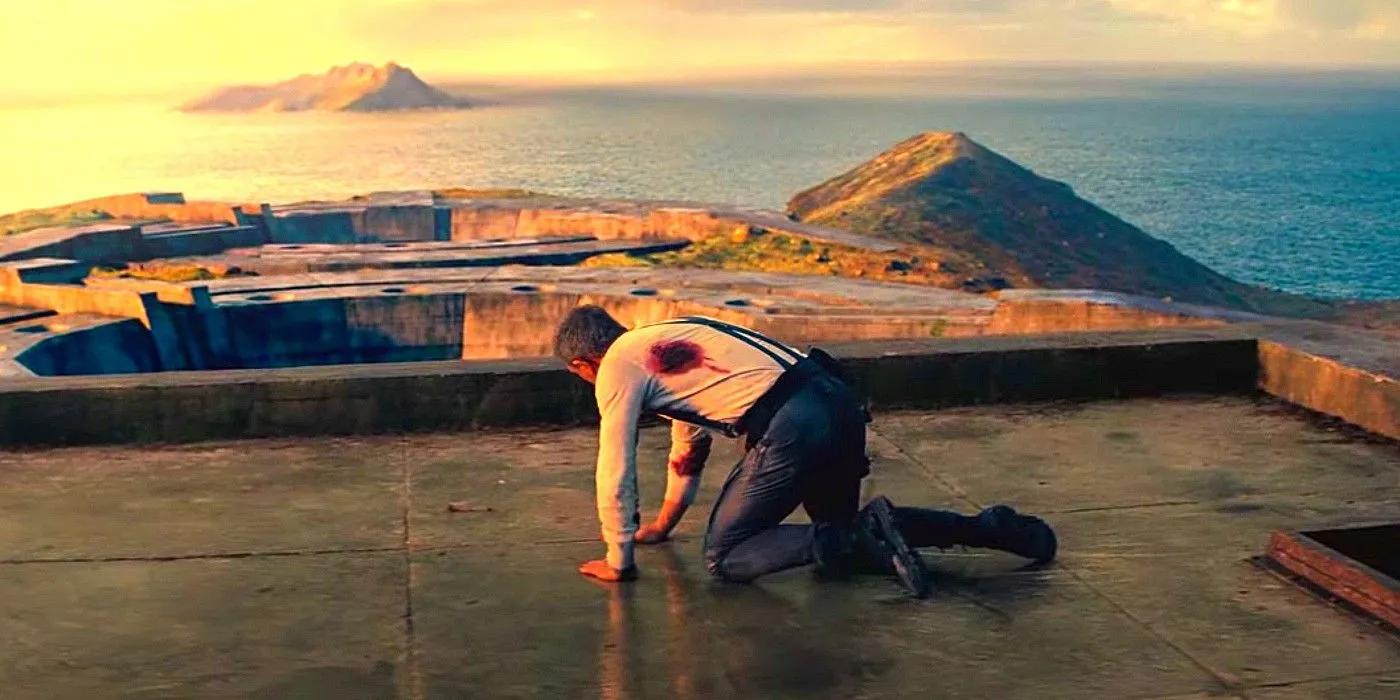
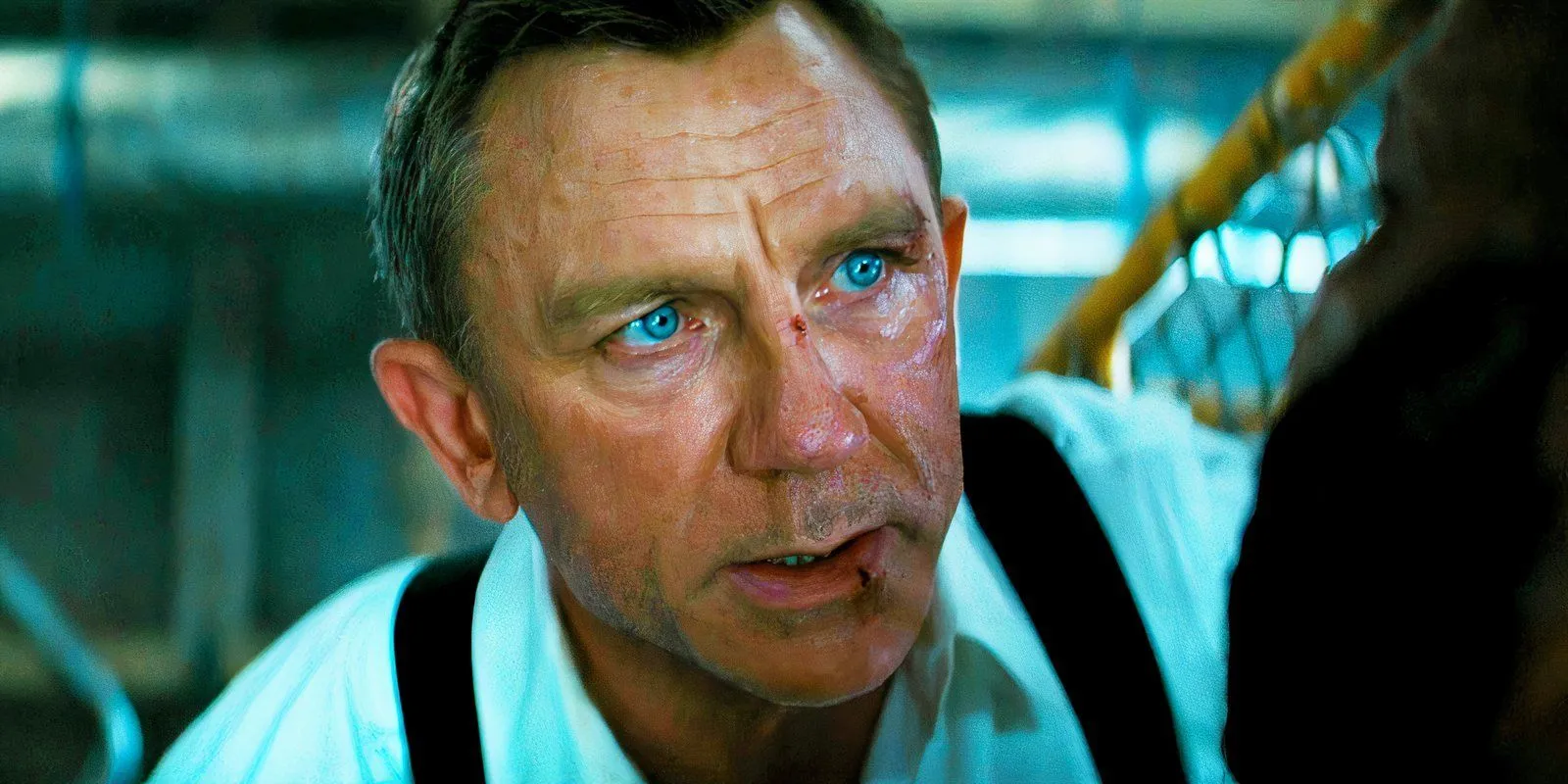
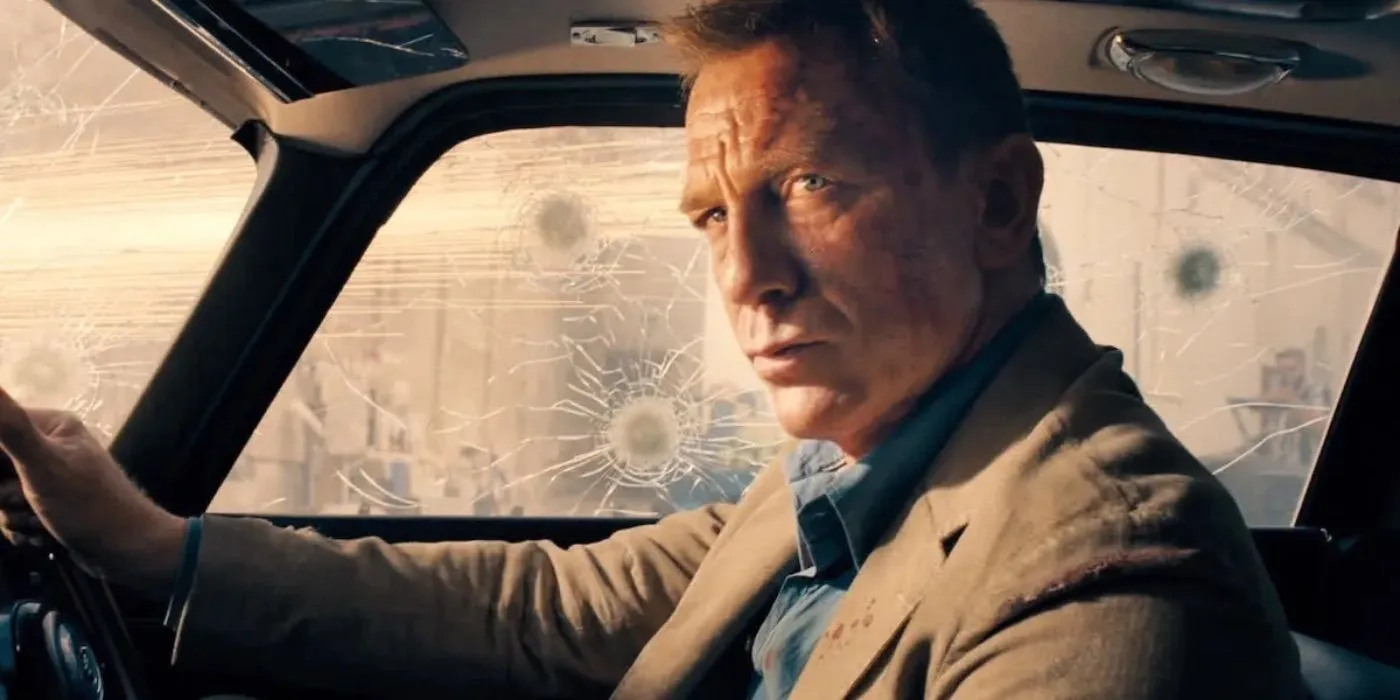
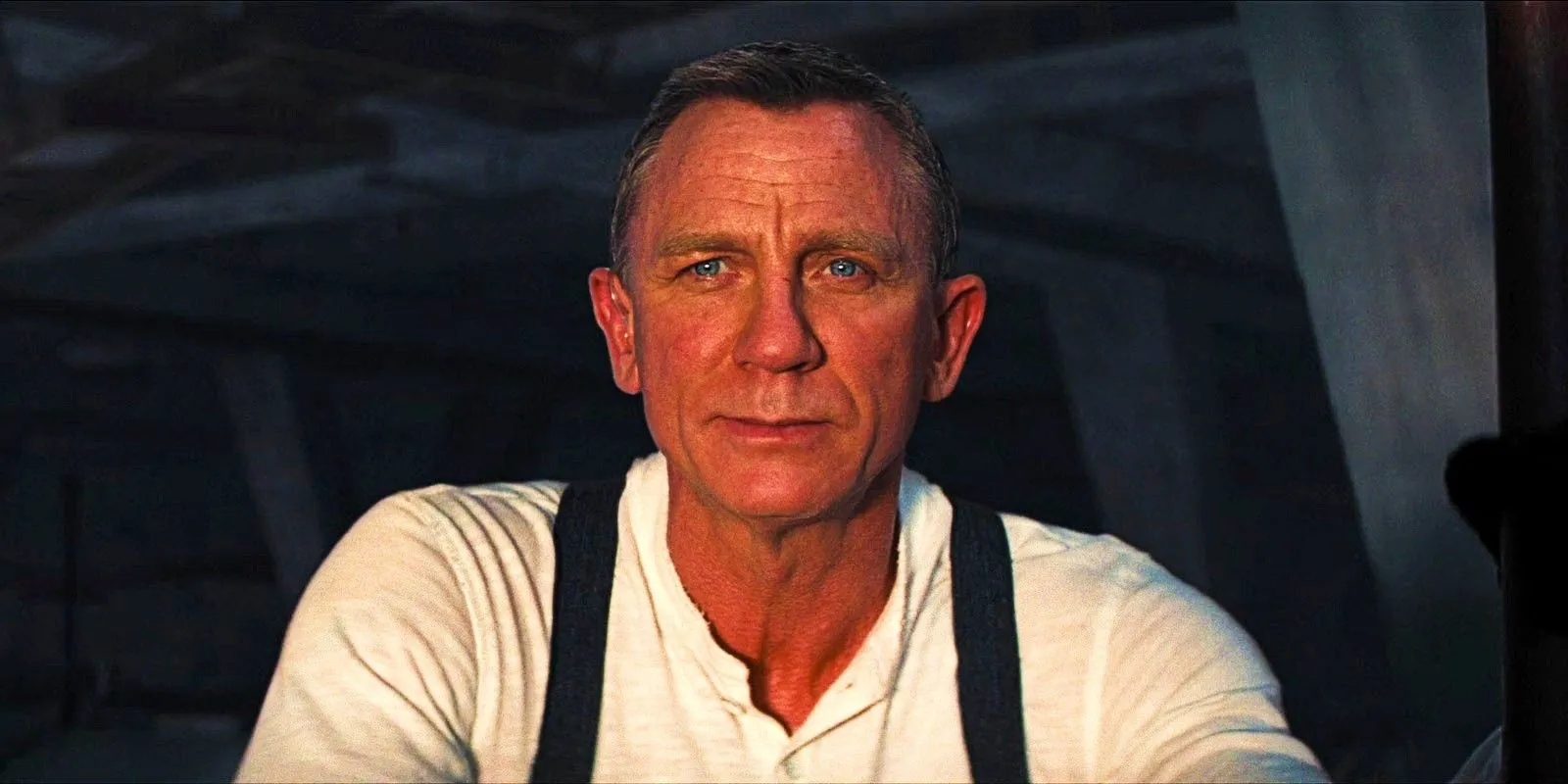
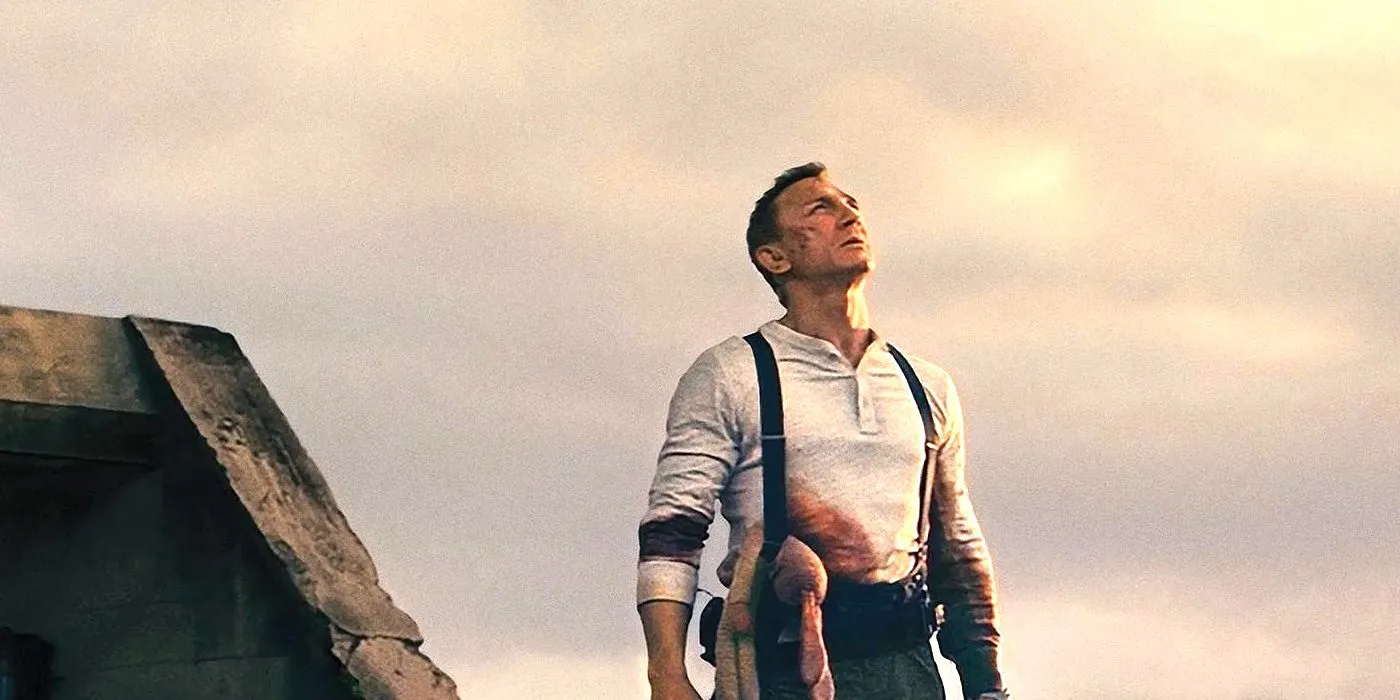
The concluding moments in No Time to Die have sparked much discussion among fans, especially Bond’s ultimate sacrifice. Craig has explained the motivations behind this choice, but it leaves the audience in confusion regarding its necessity.
Though noble, Bond’s decision to end his life to shield his loved ones appears incongruent with his usual character profile—a seasoned agent dedicated to survival and duty. This uncharacteristic choice, prioritizing emotional closure over tactical reasoning, raises more questions than it answers.
1 Eloping With Vesper
Casino Royale (2006)
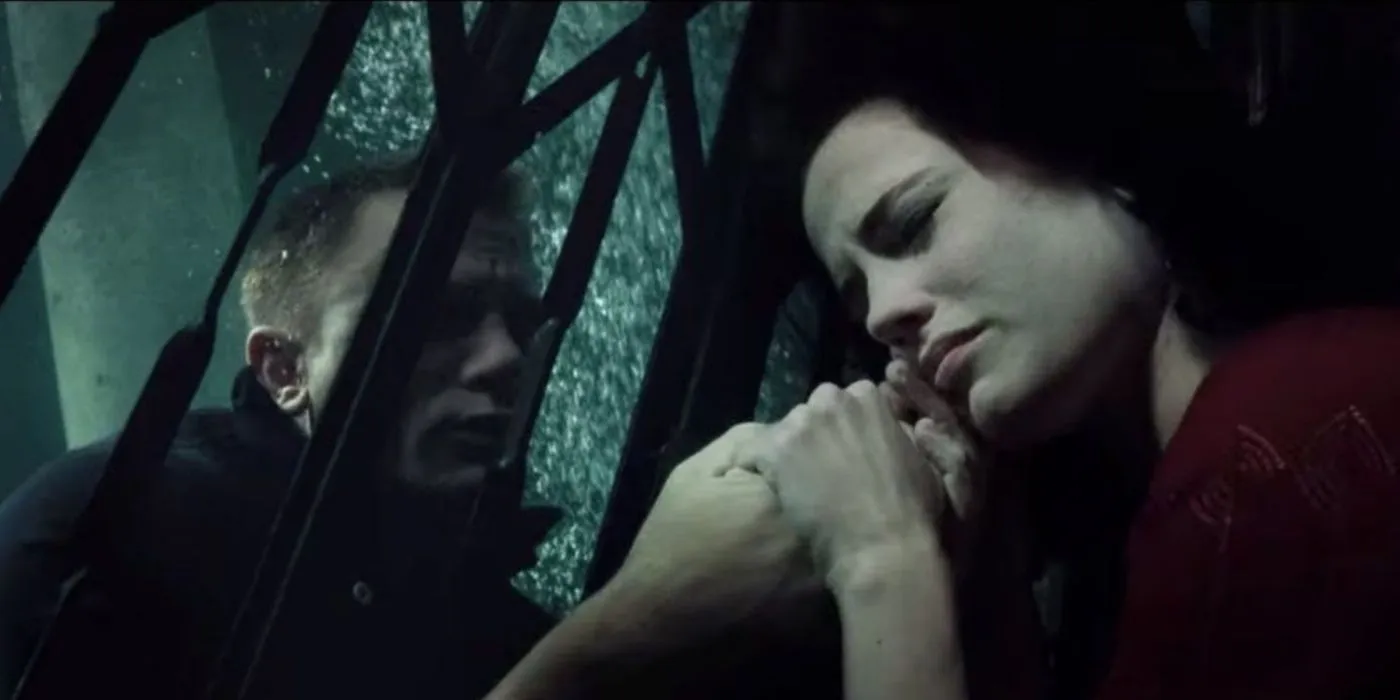
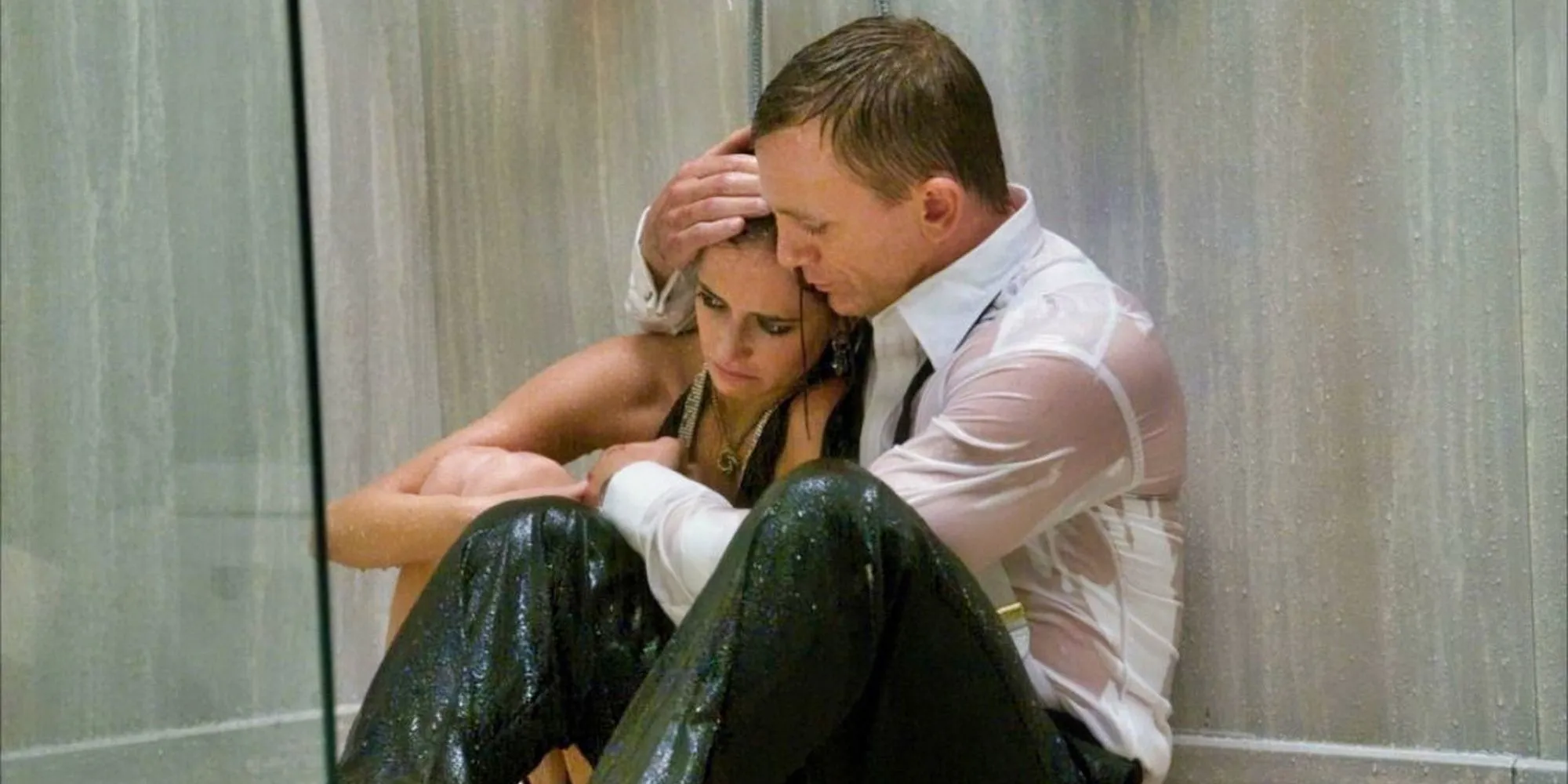
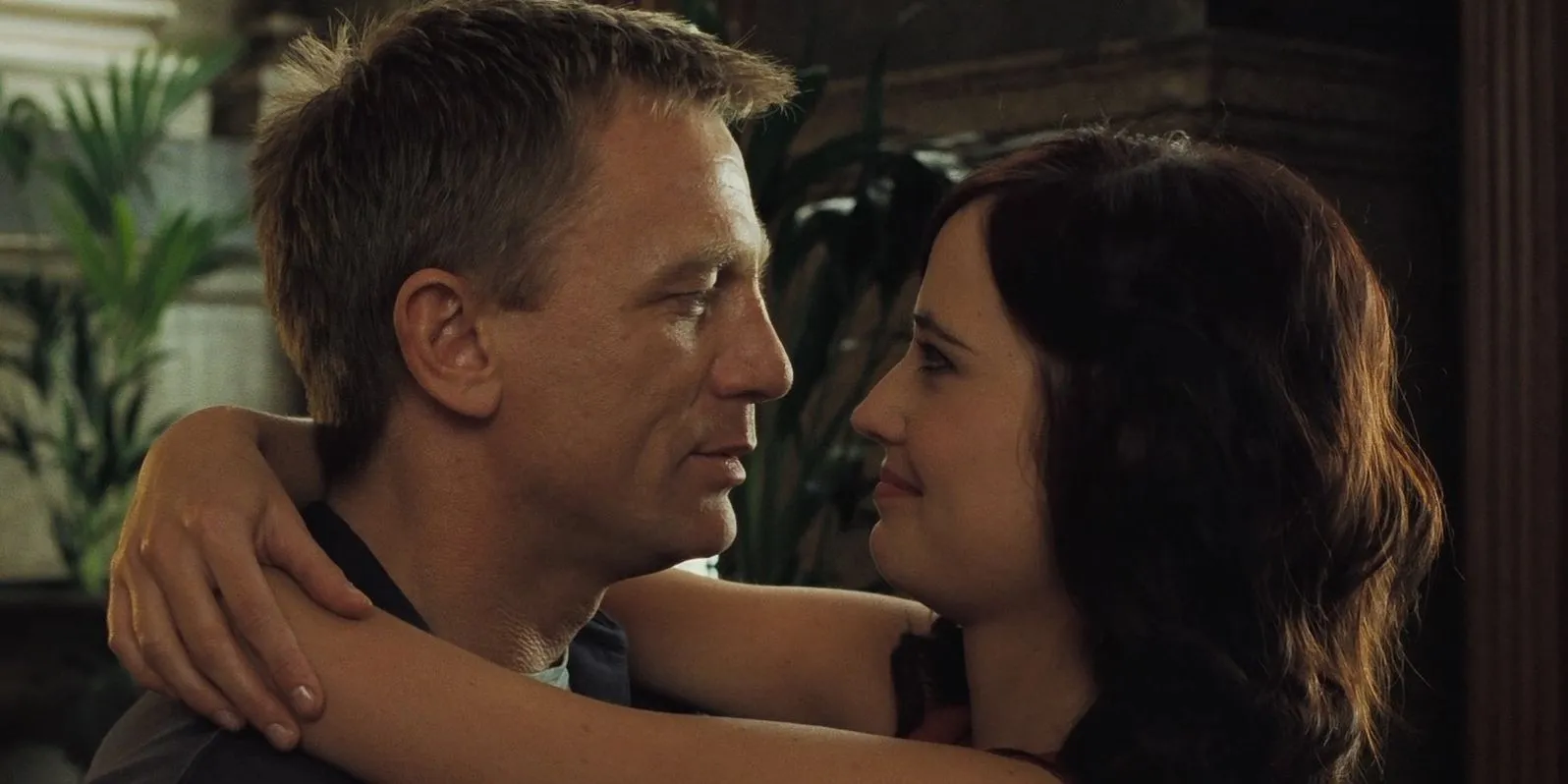

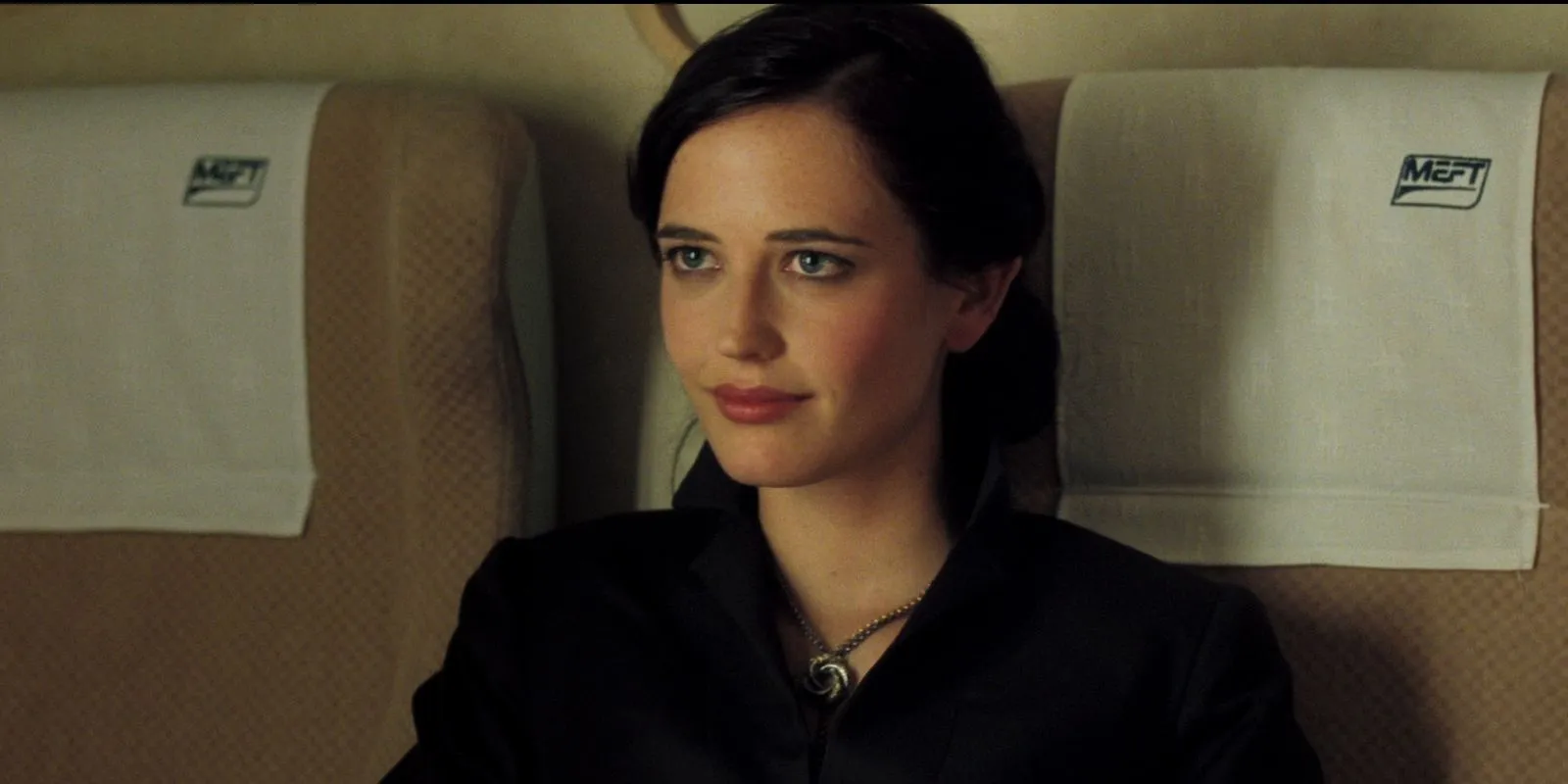
The decision to elope with Vesper Lynd in Casino Royale stands as one of the most controversial moments in Bond’s arc. His emotional investment in Vesper blinds him to clear warnings about her reliability, ultimately jeopardizing MI6’s mission success against Le Chiffre.
This choice reflects a significant conflict between duty and desire, as Bond’s personal feelings compromise his professional obligations. By prioritizing romance over responsibility, he sets off a chain of tragic events—an outcome that resonates throughout Craig’s tenure as 007.
YouTube Link to Bond’s Choices
YouTube Link to Eloping with Vesper




Leave a Reply